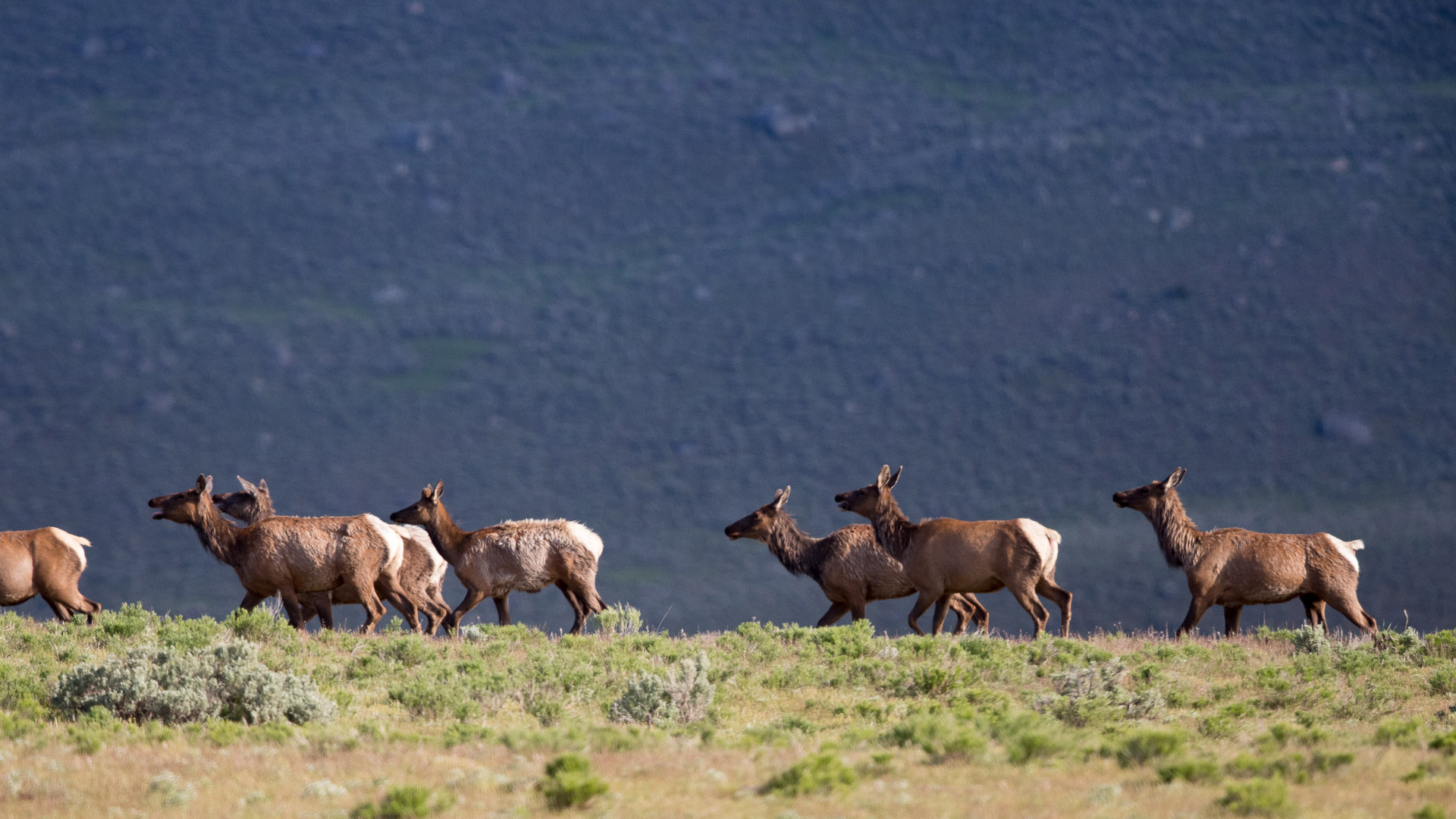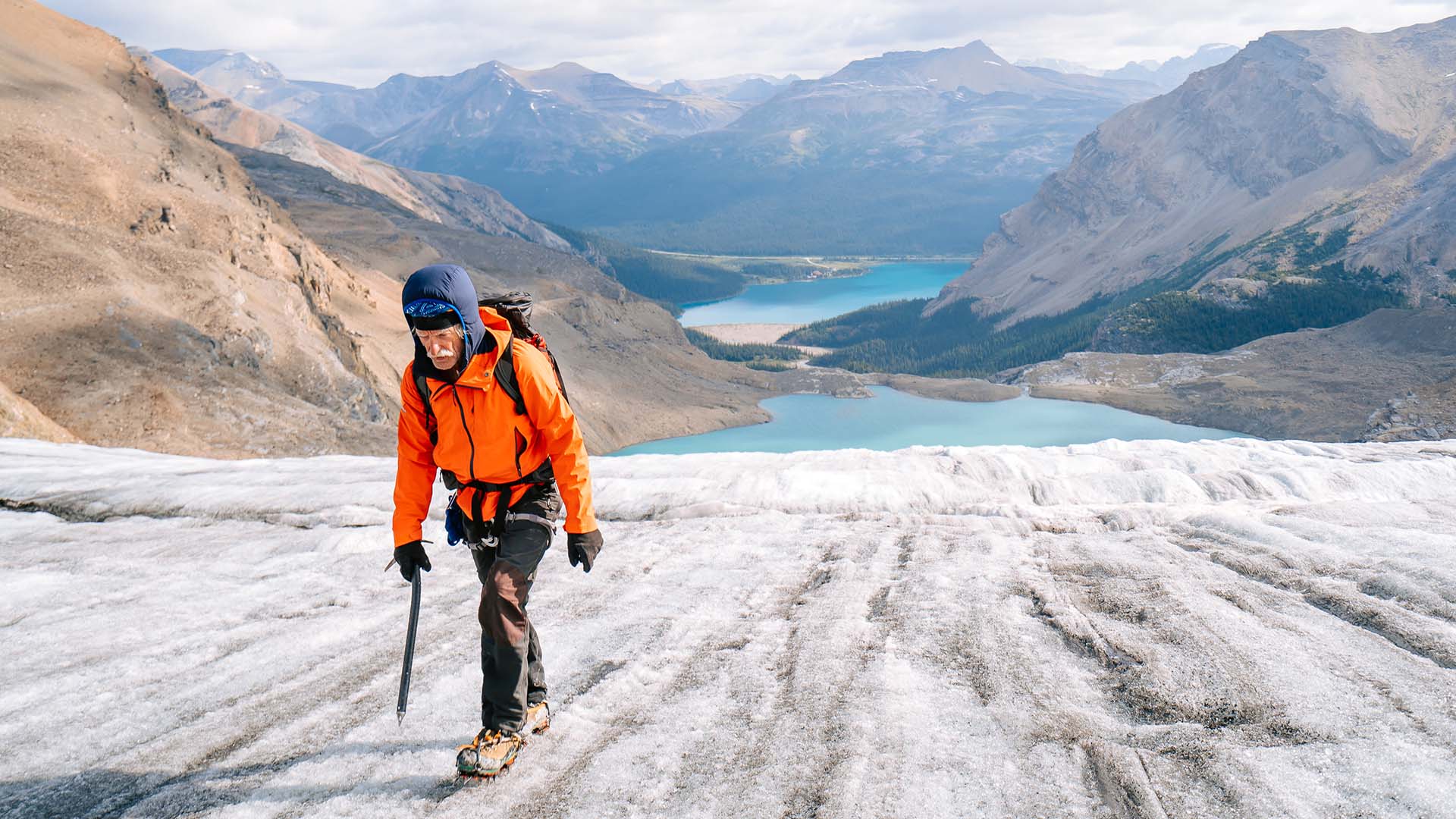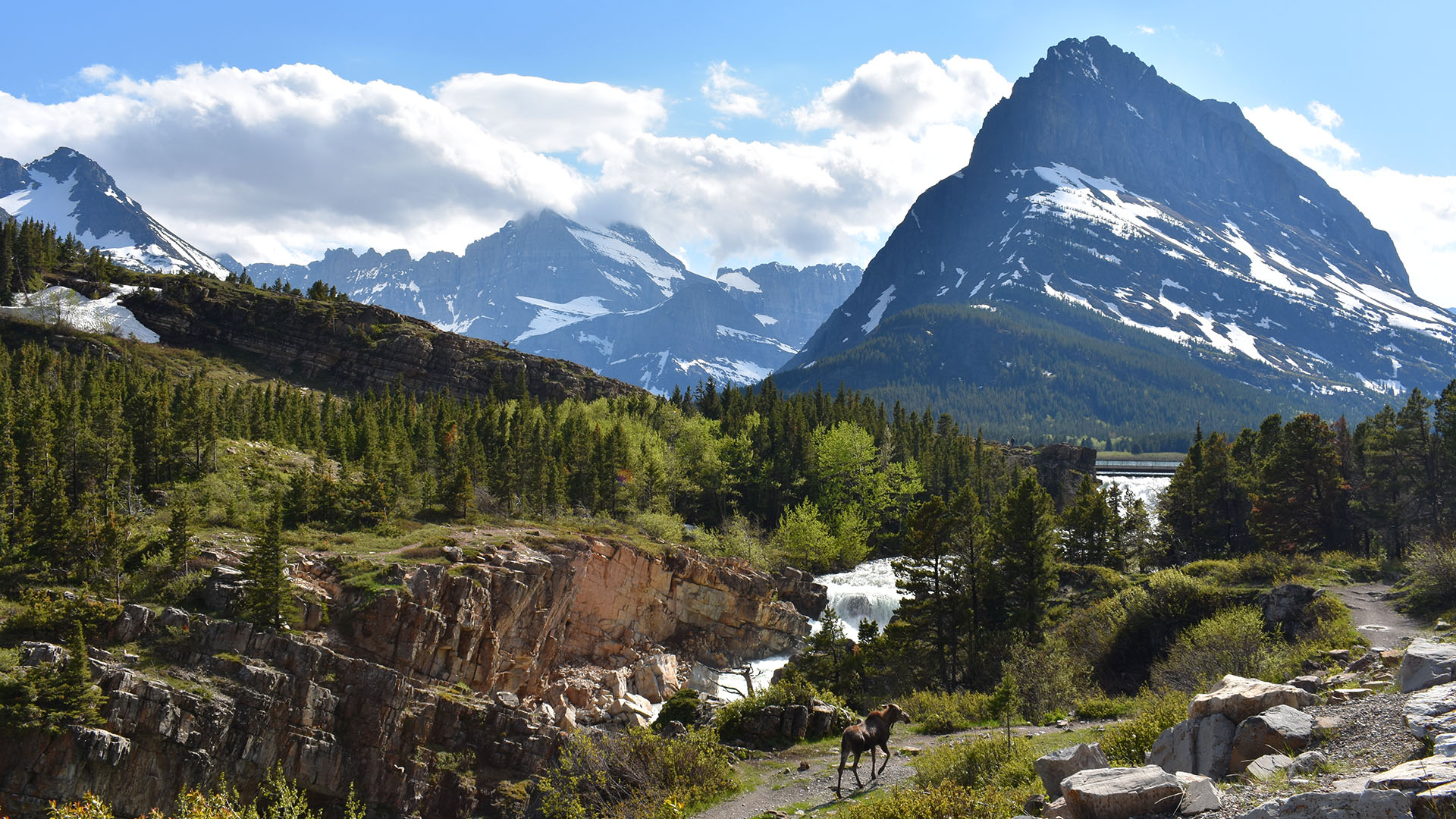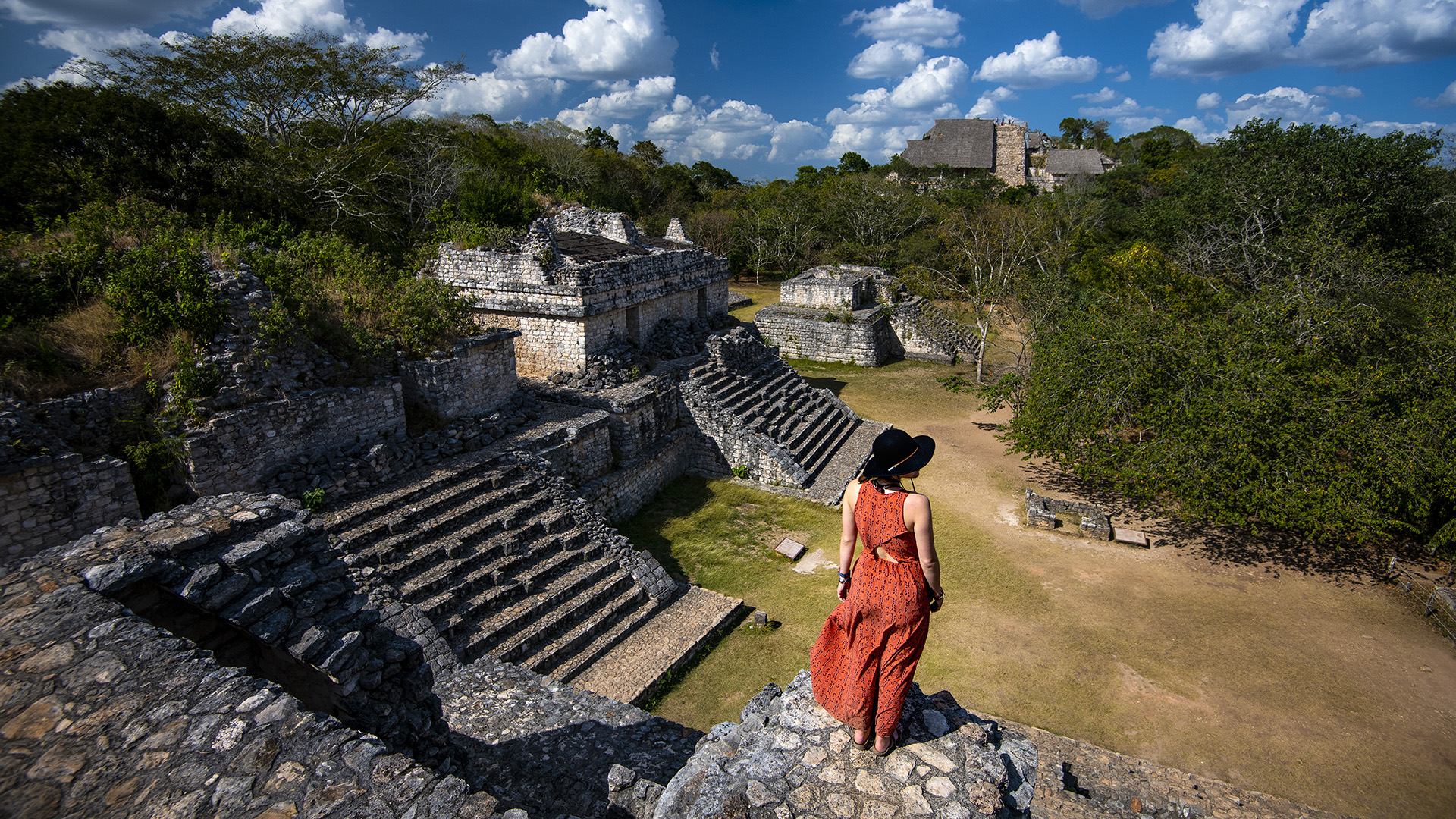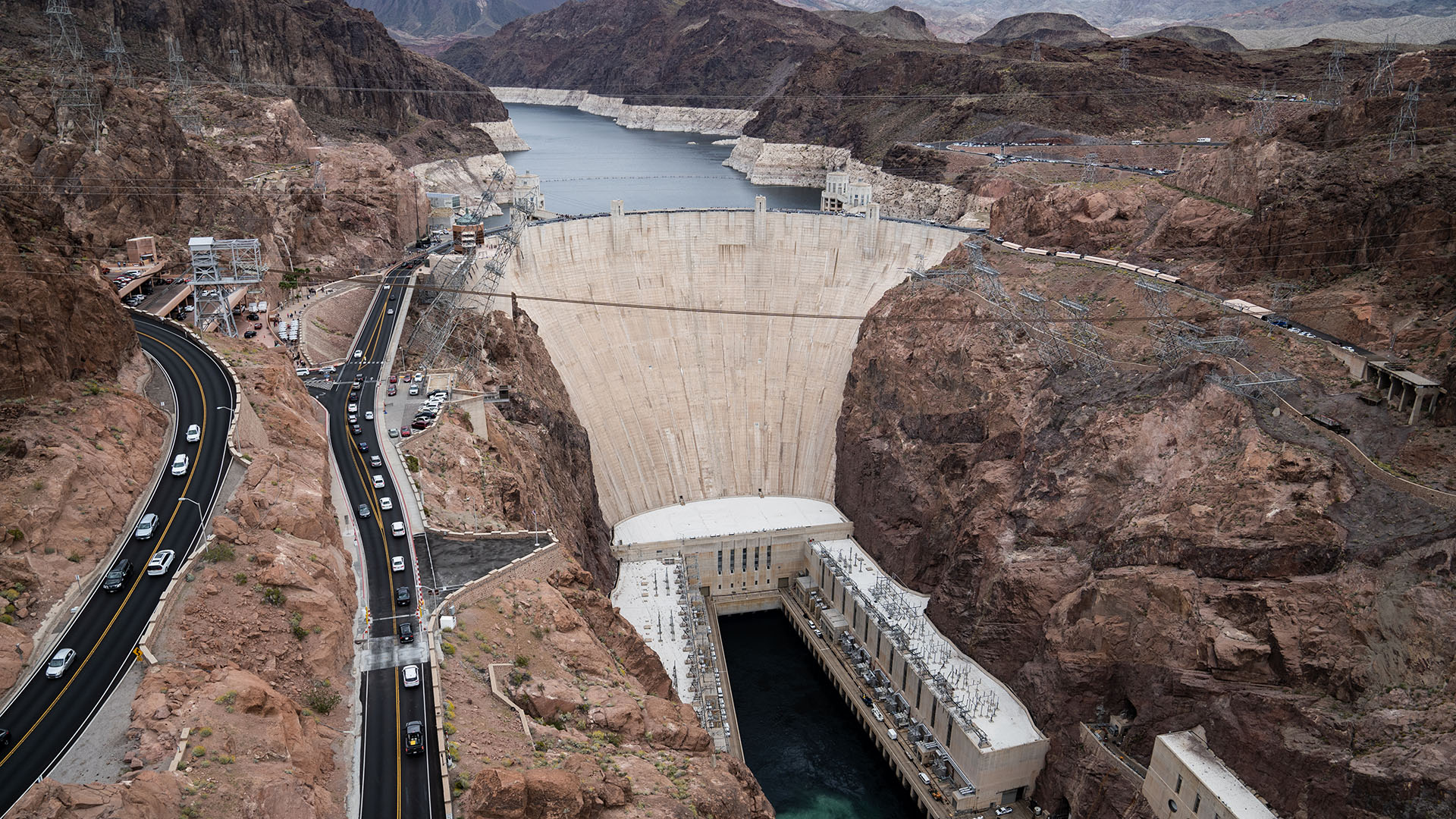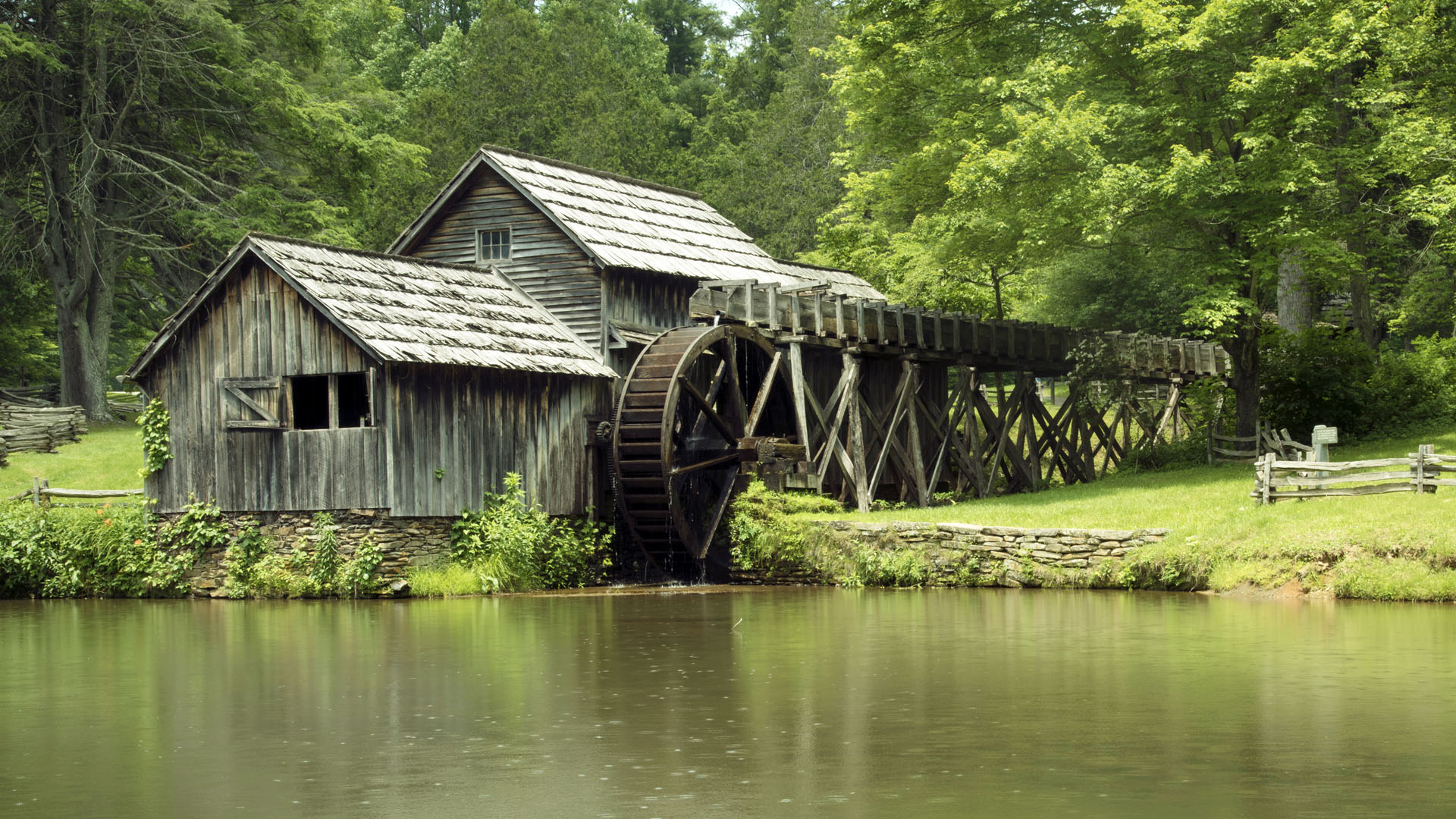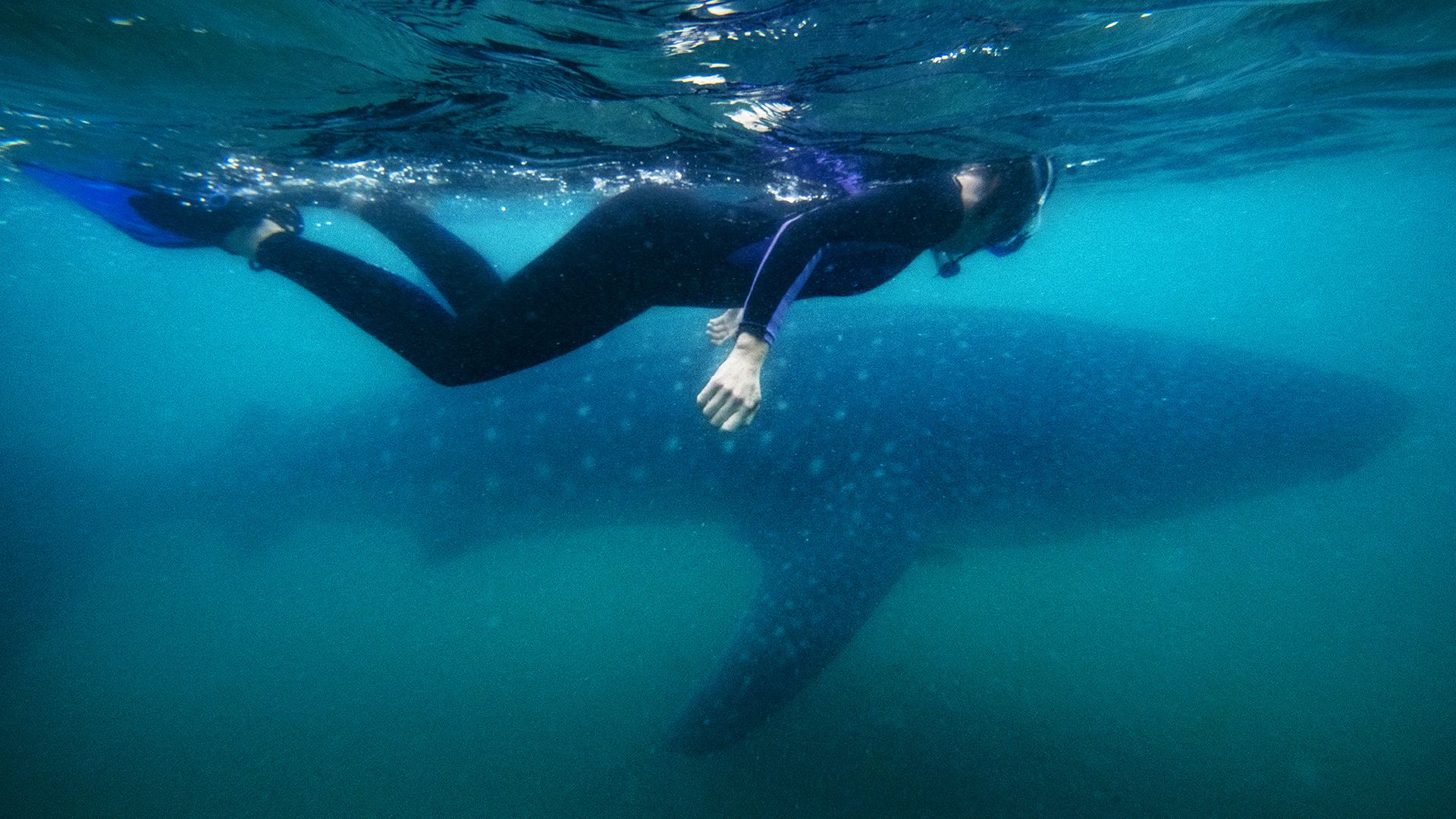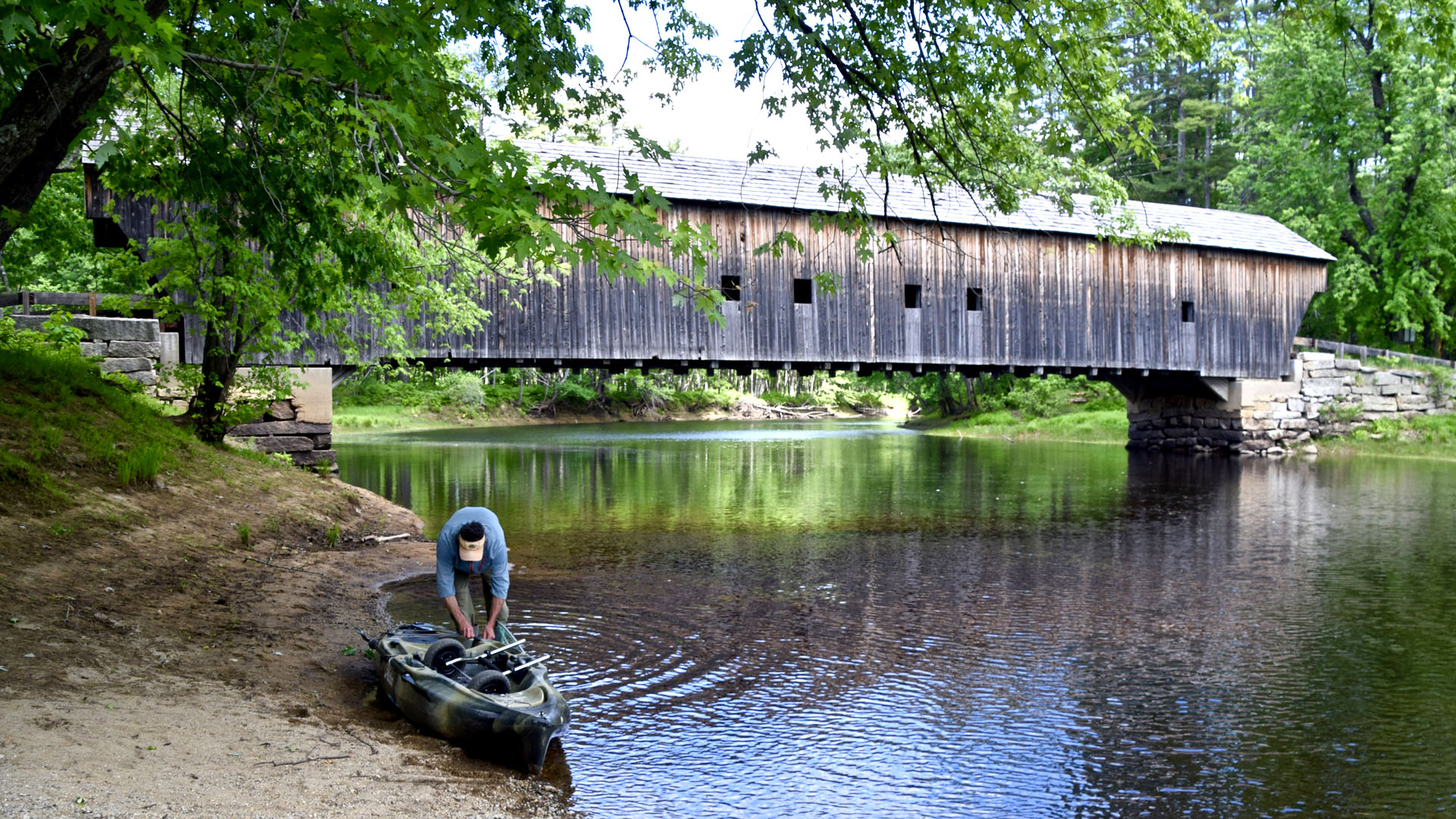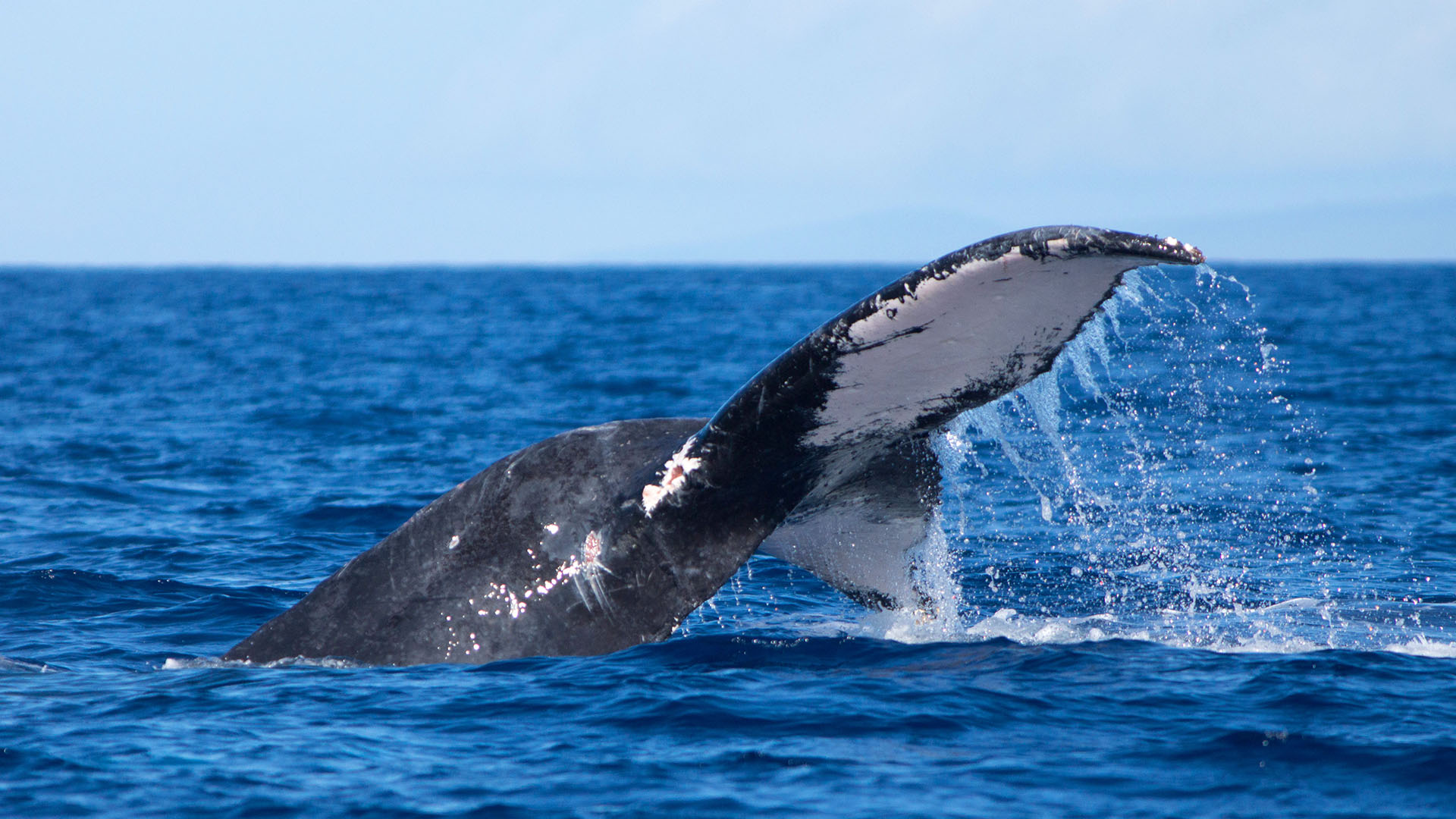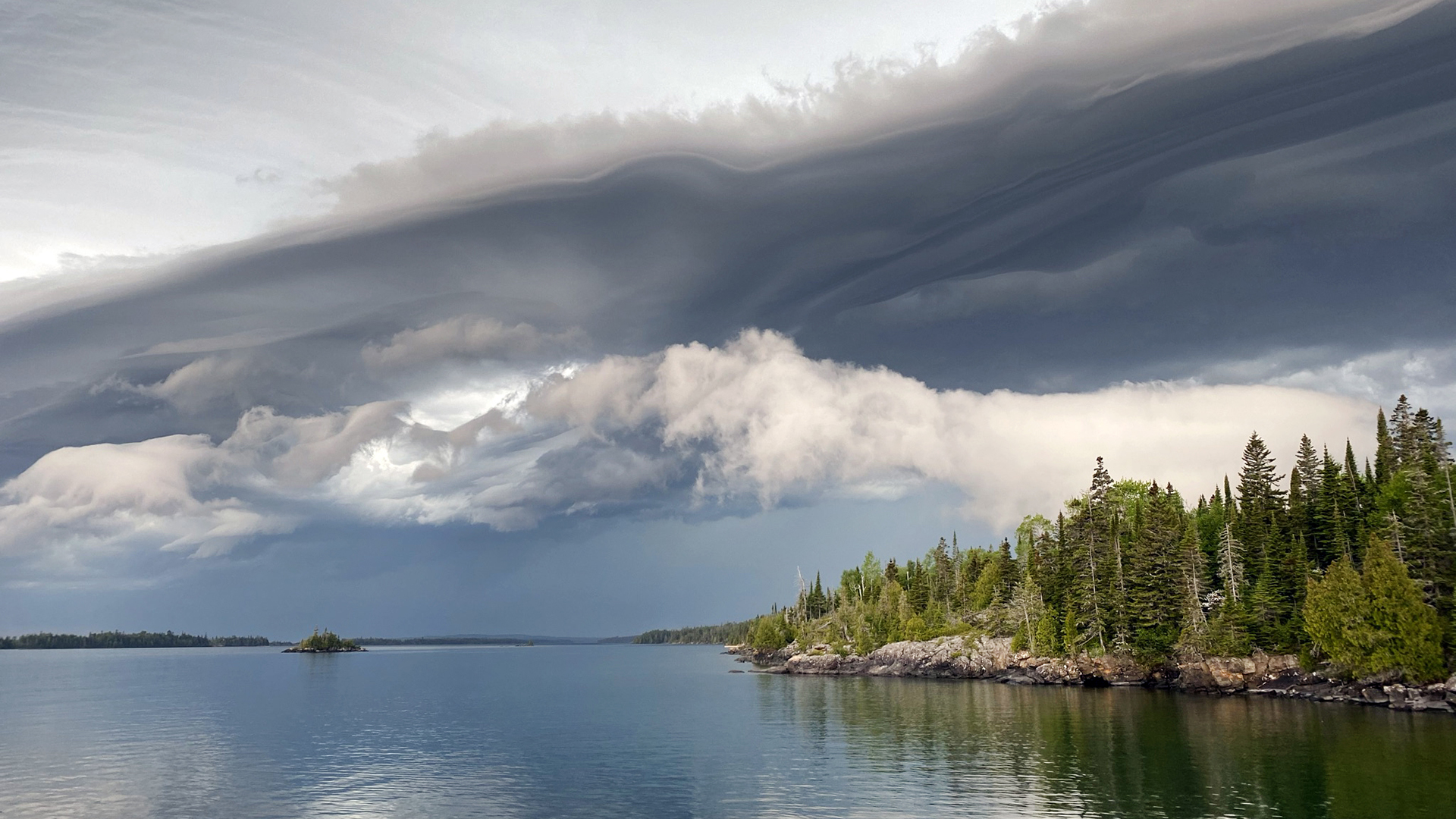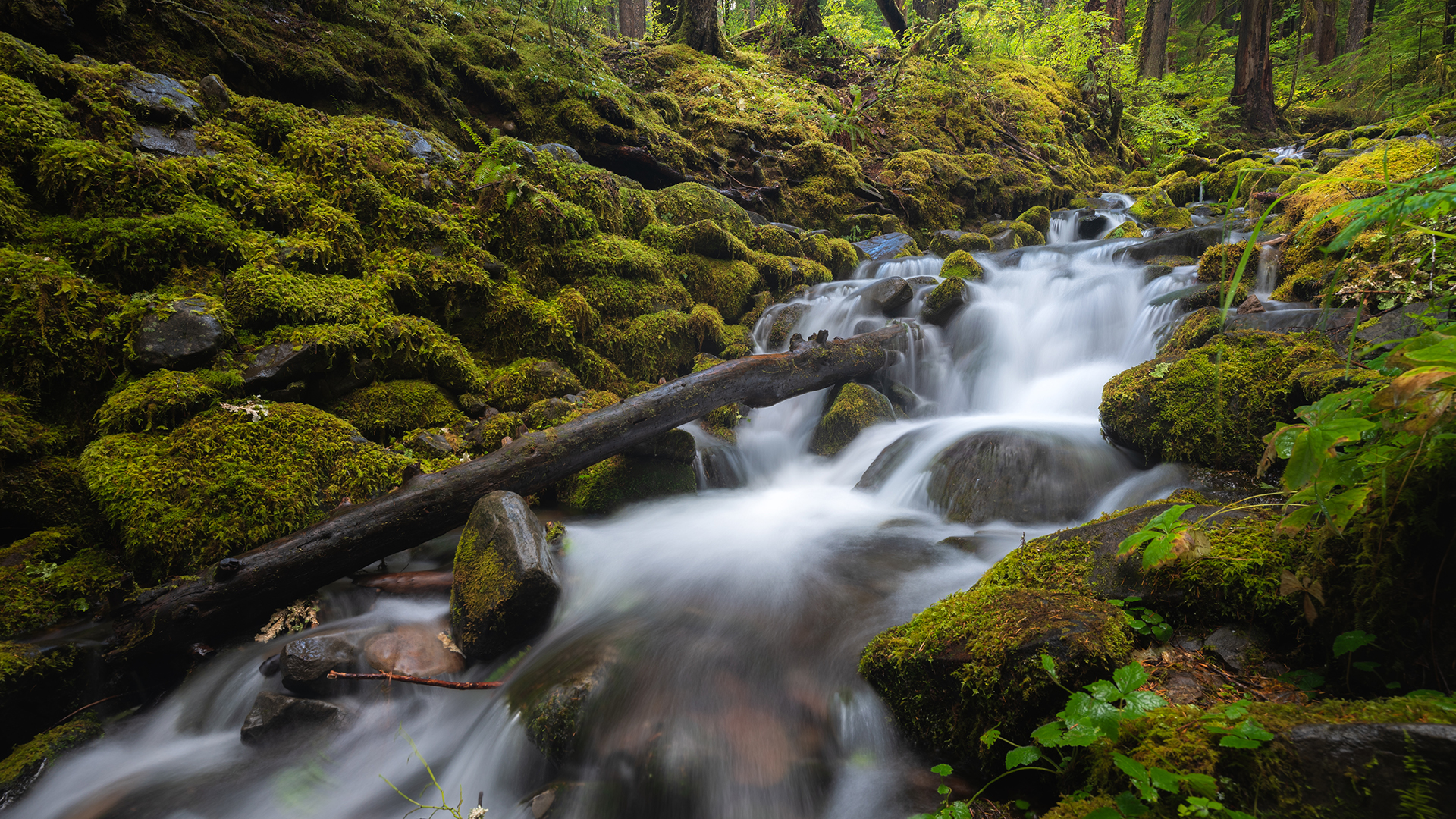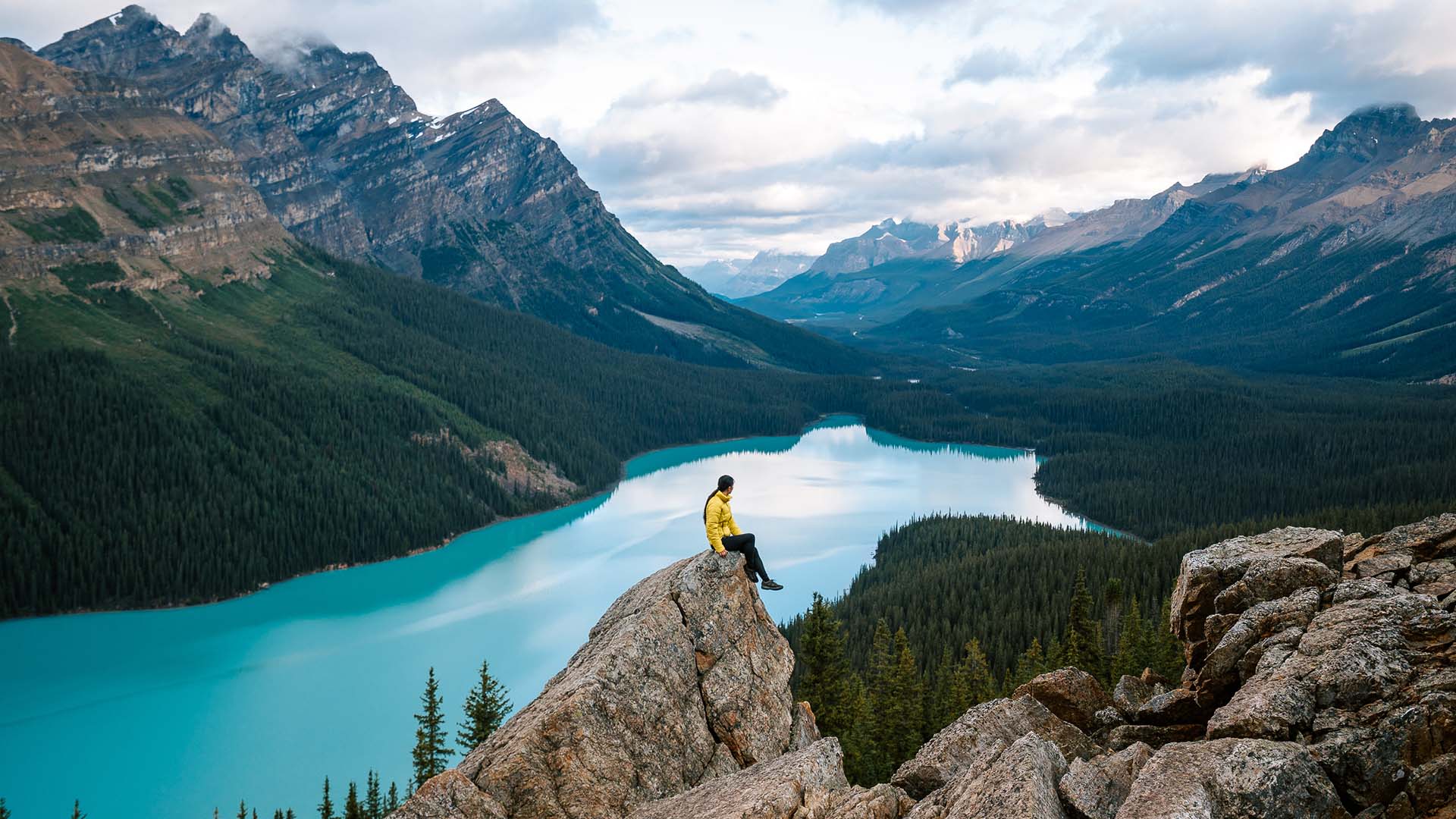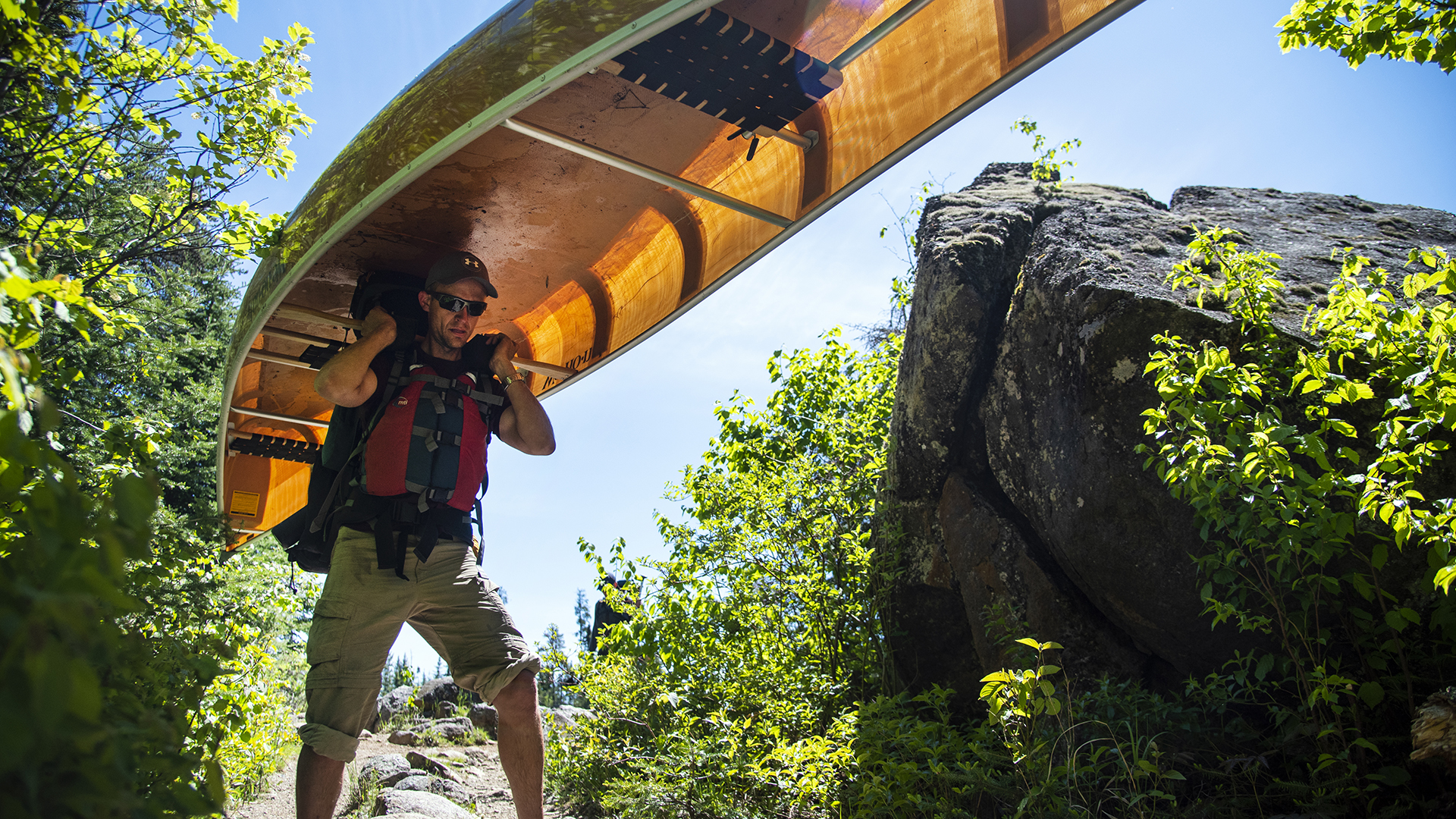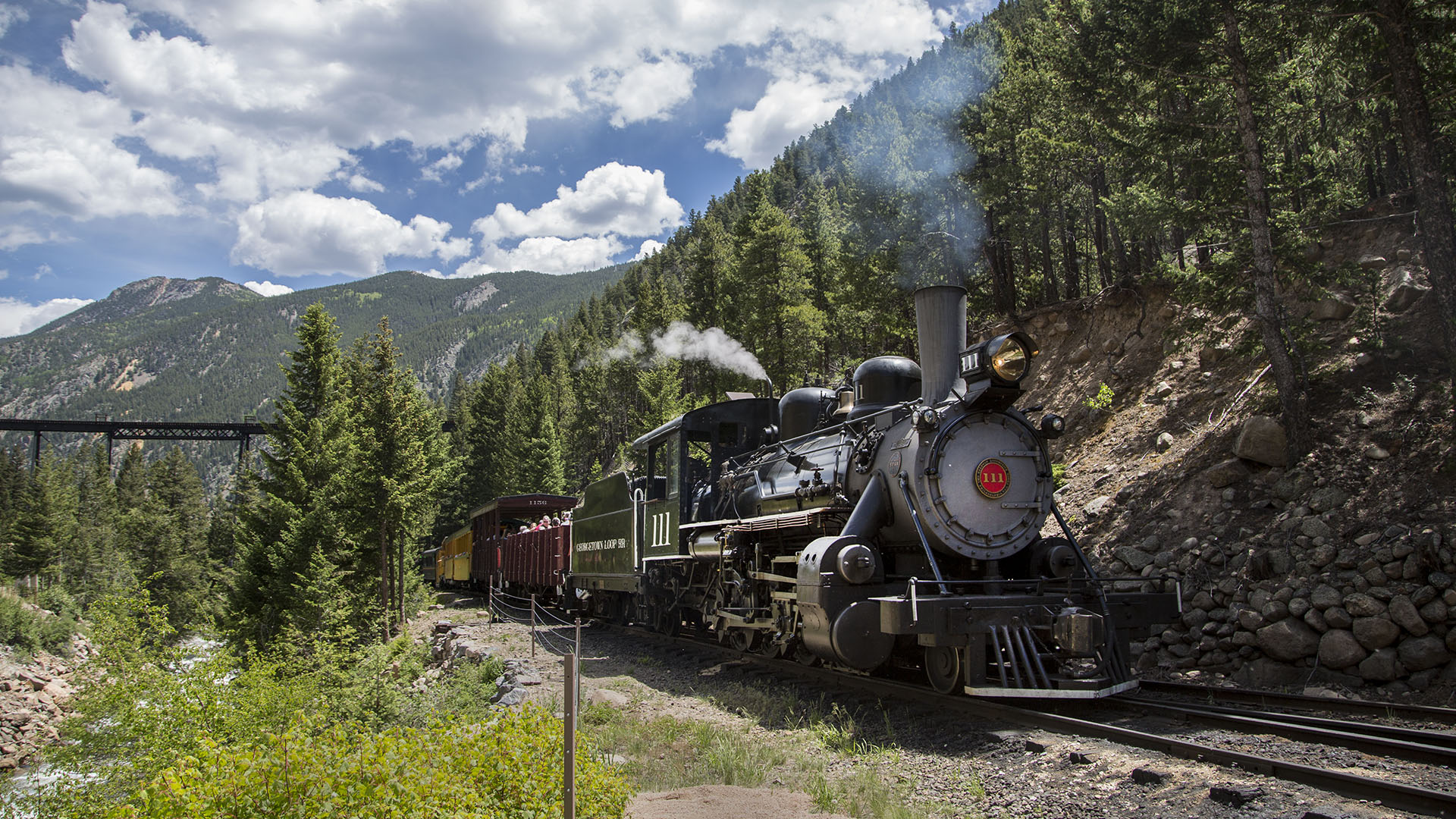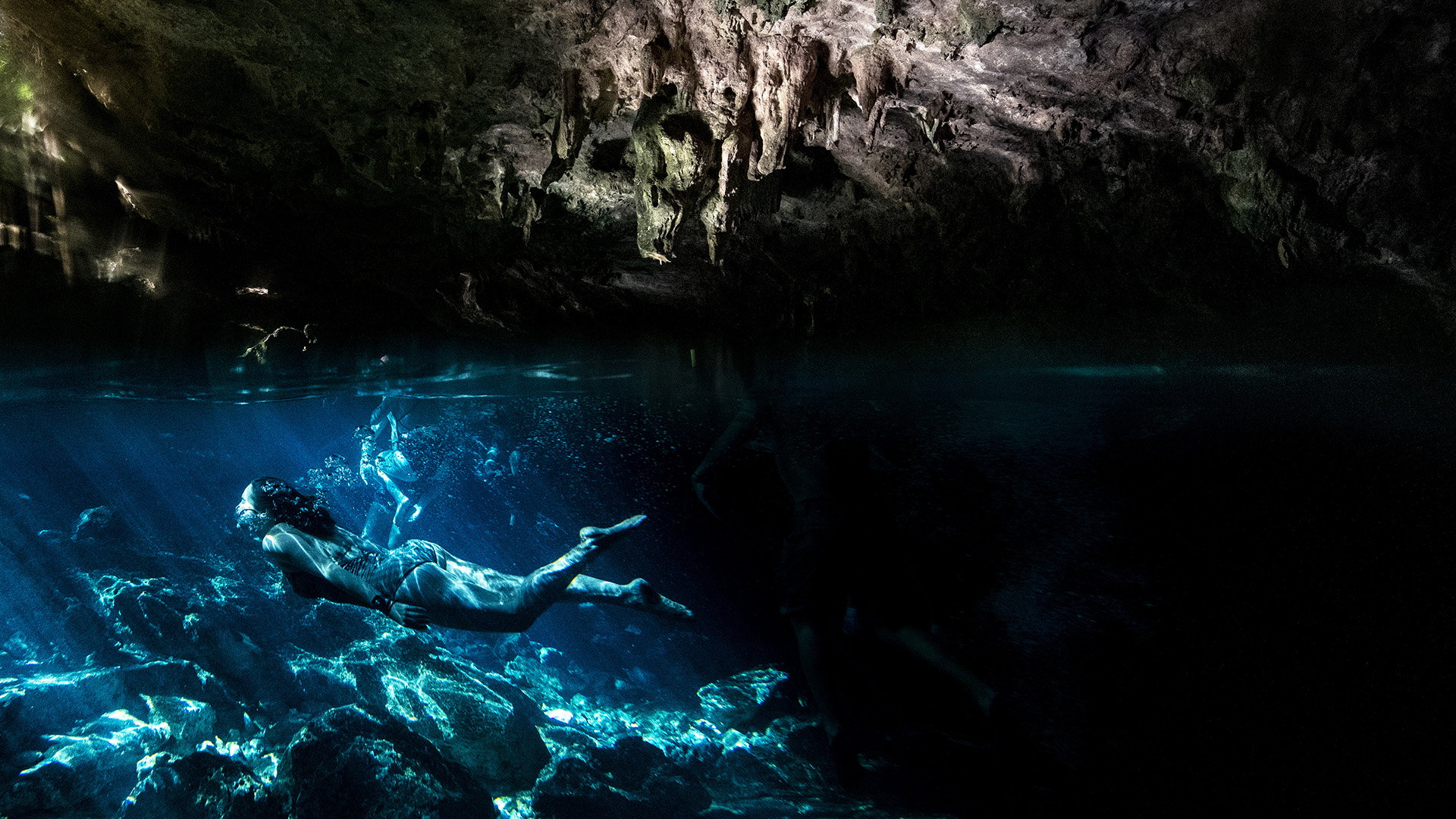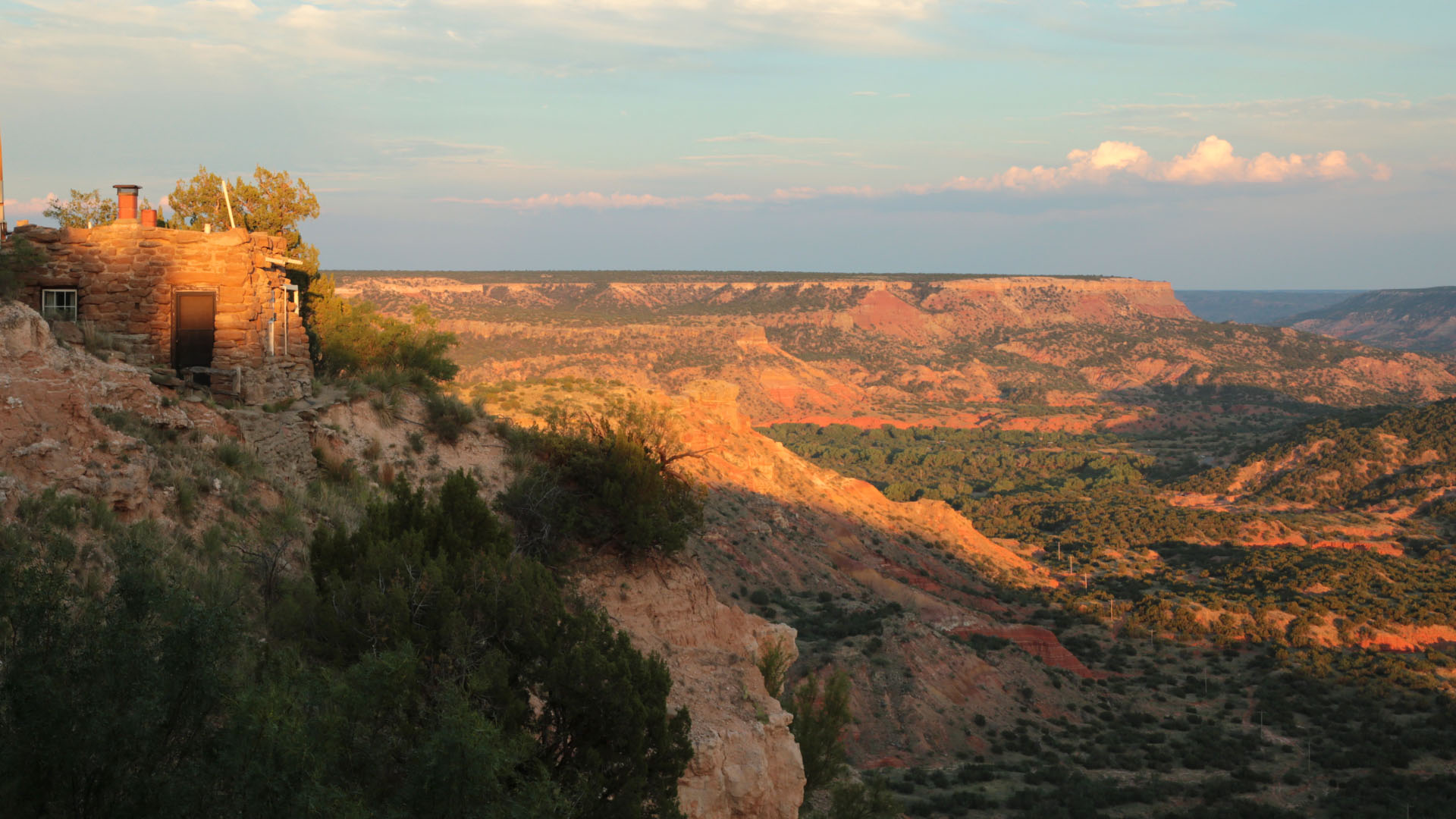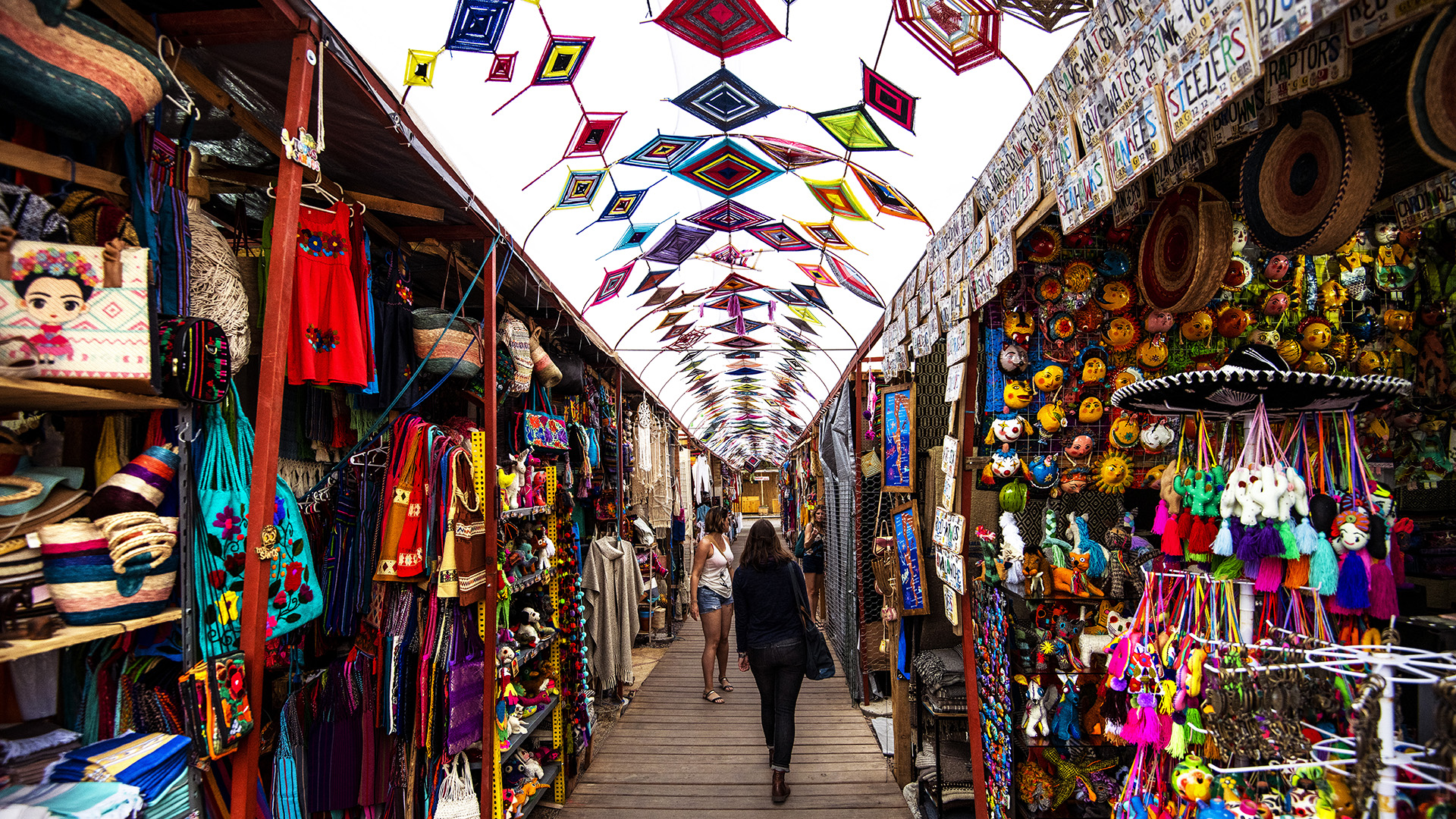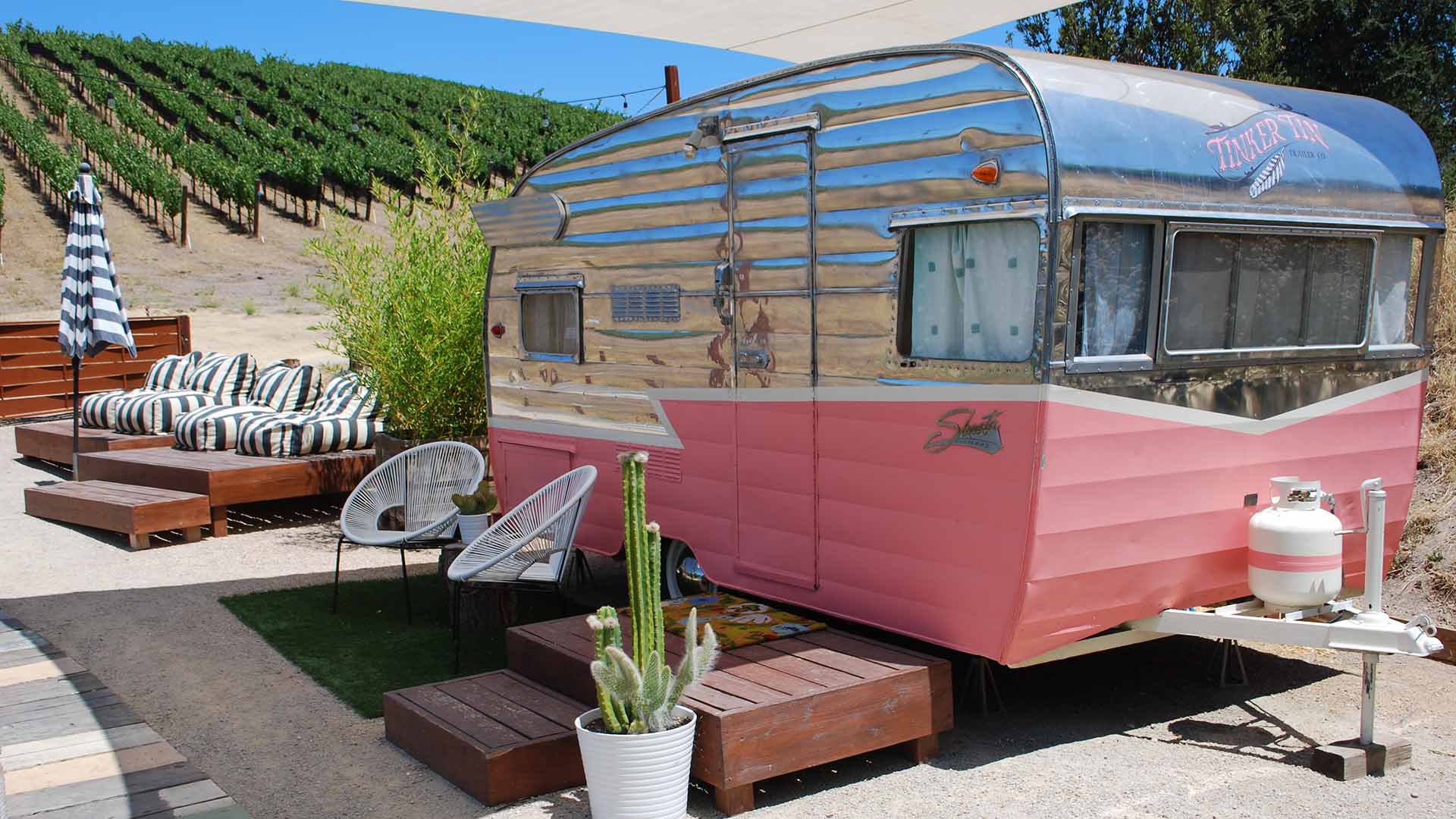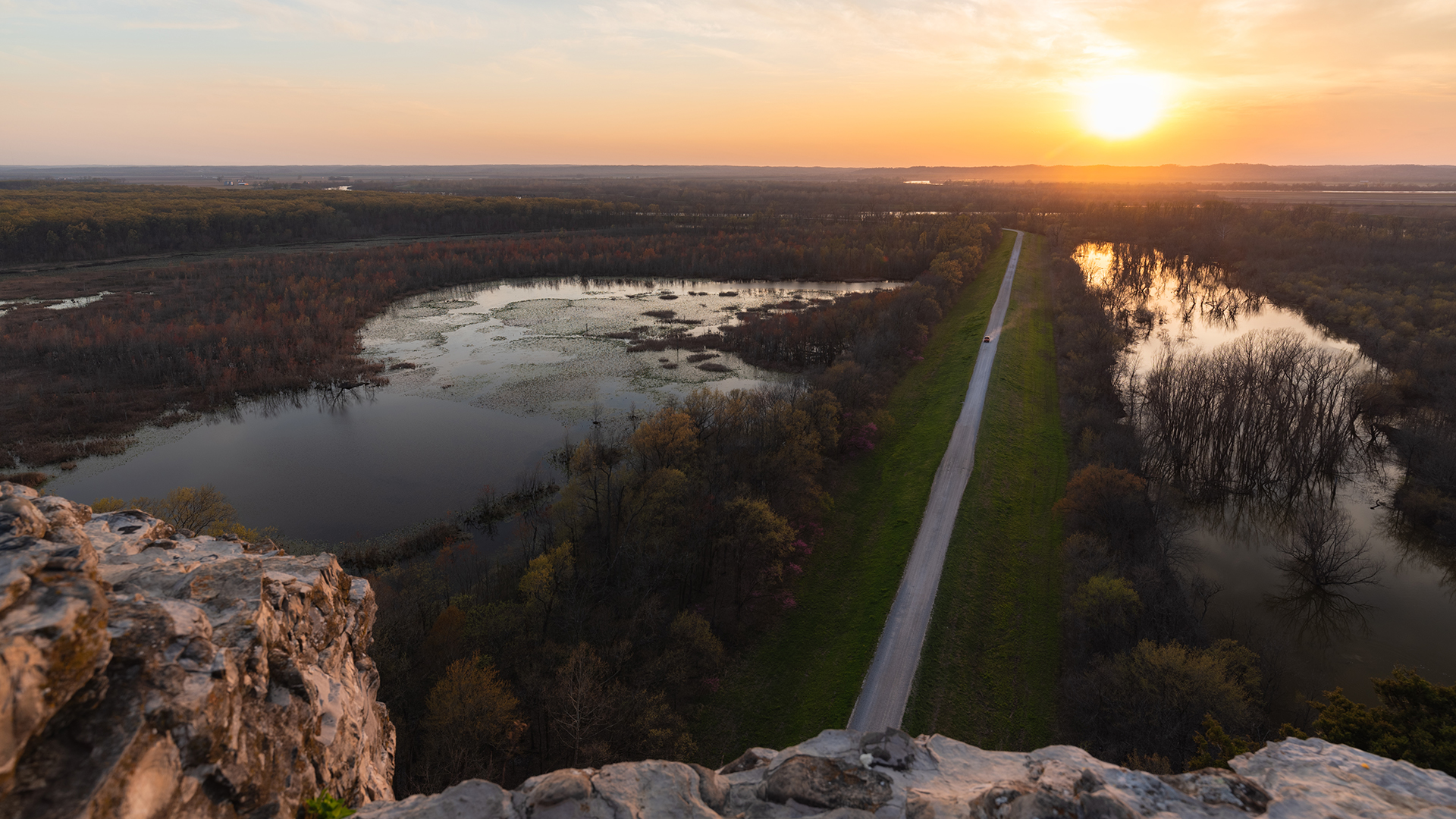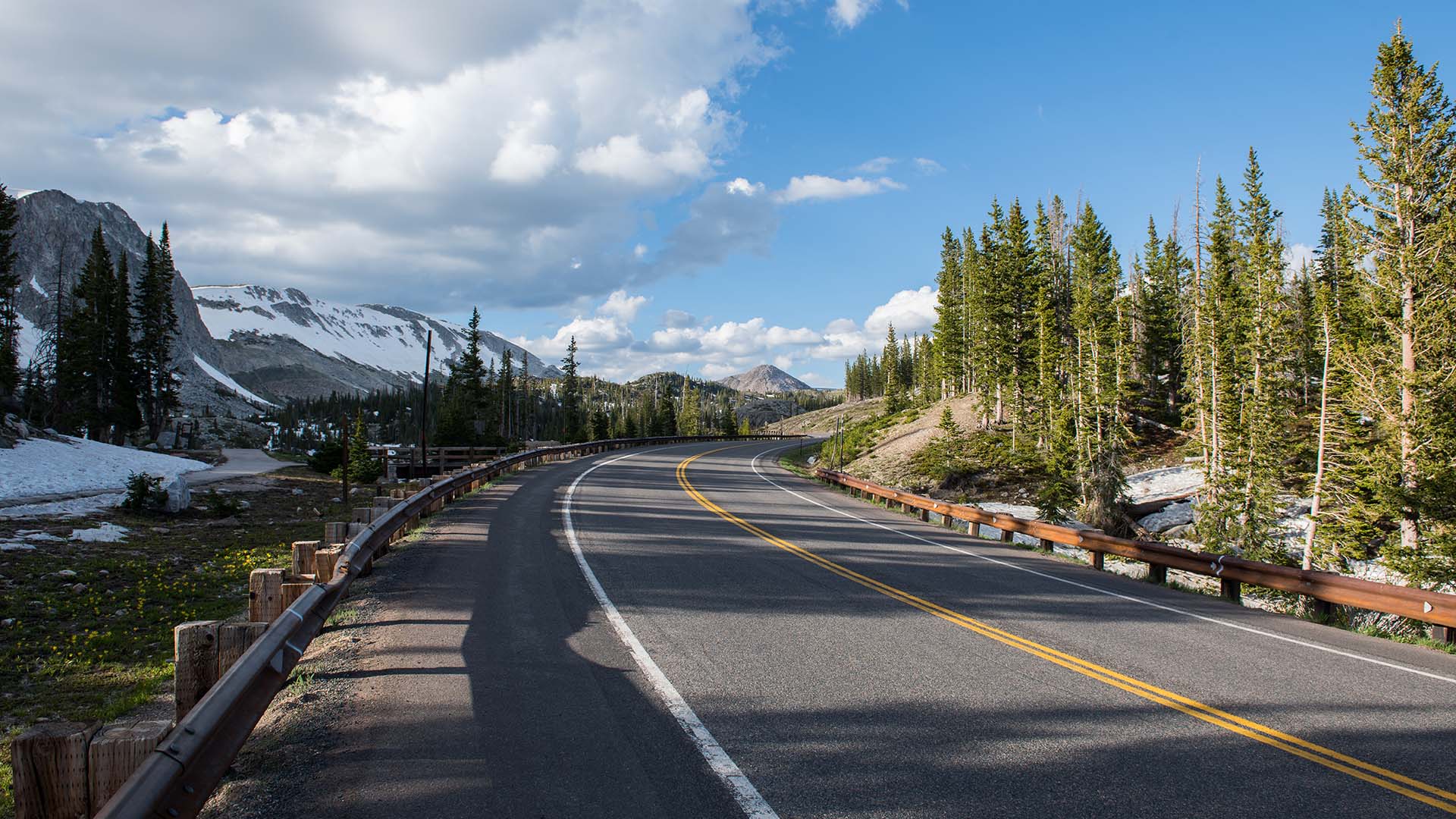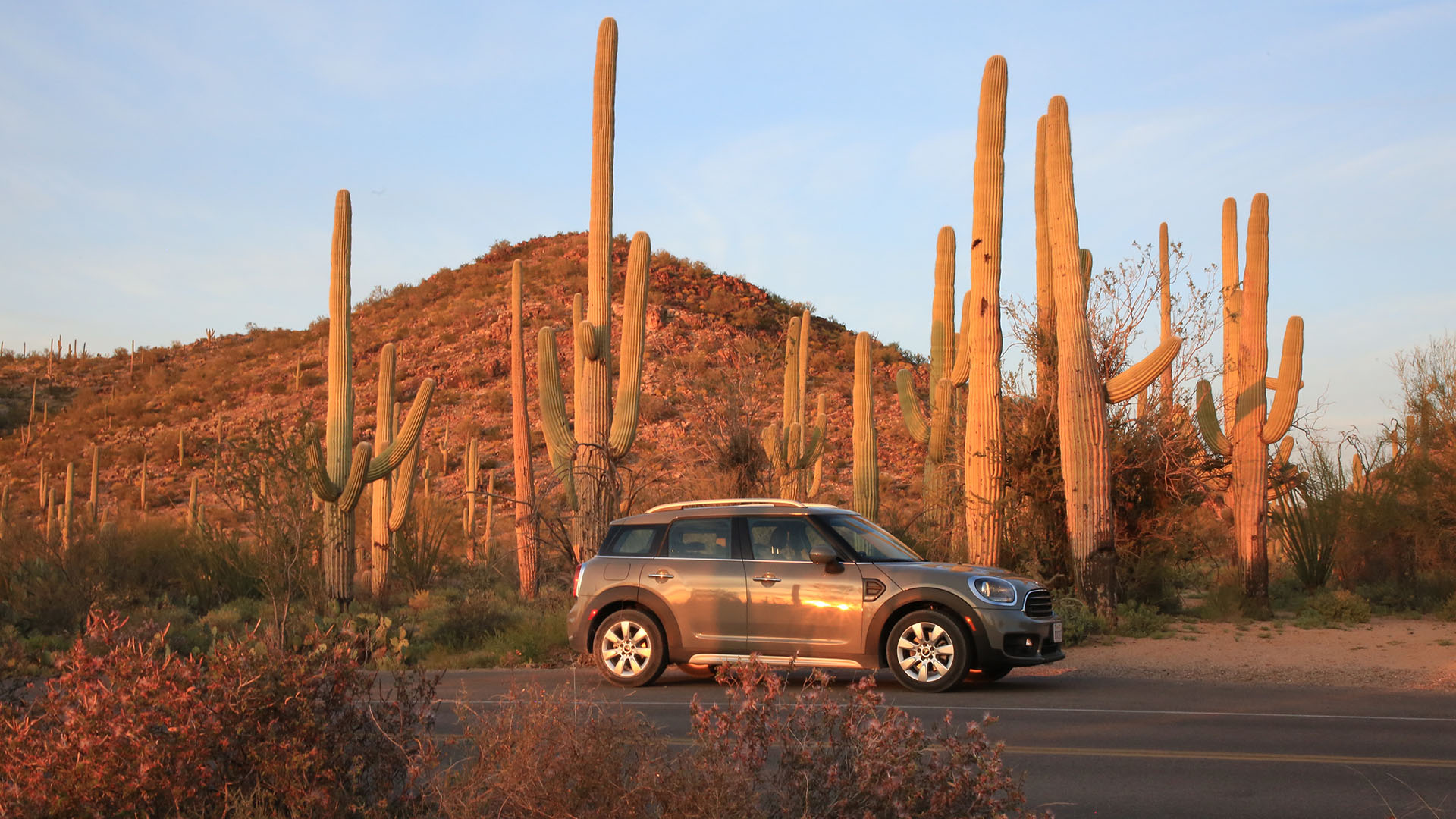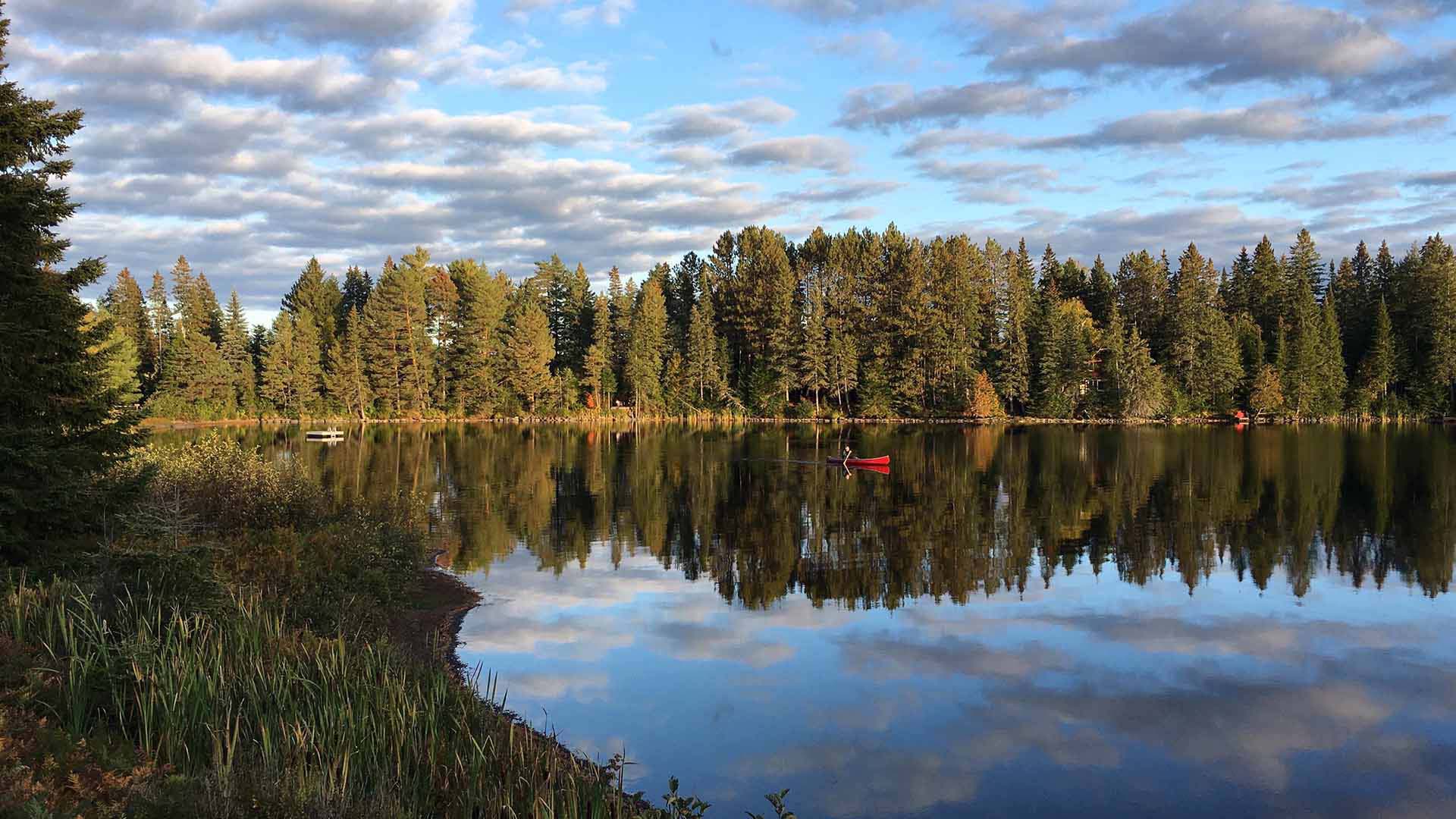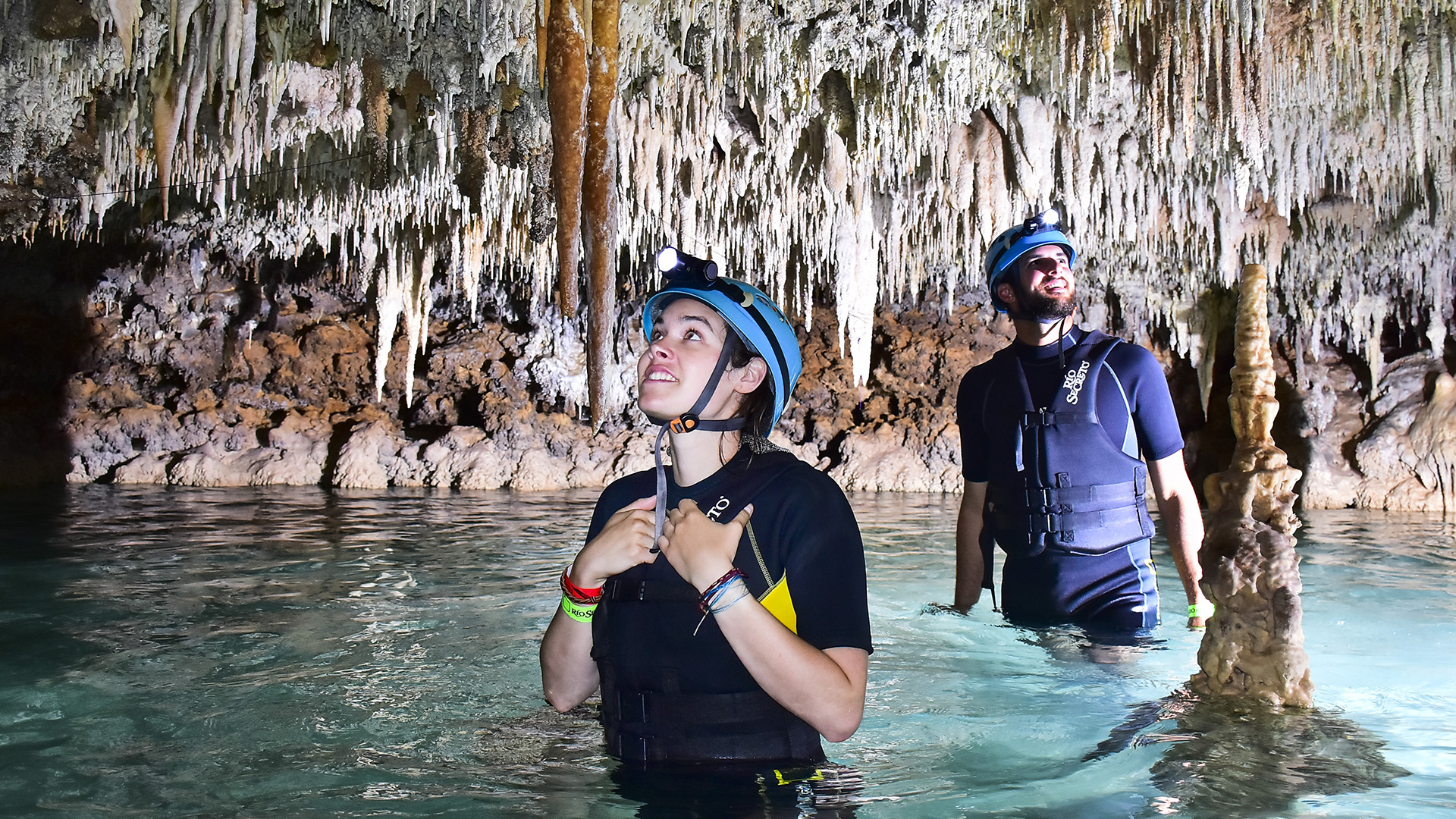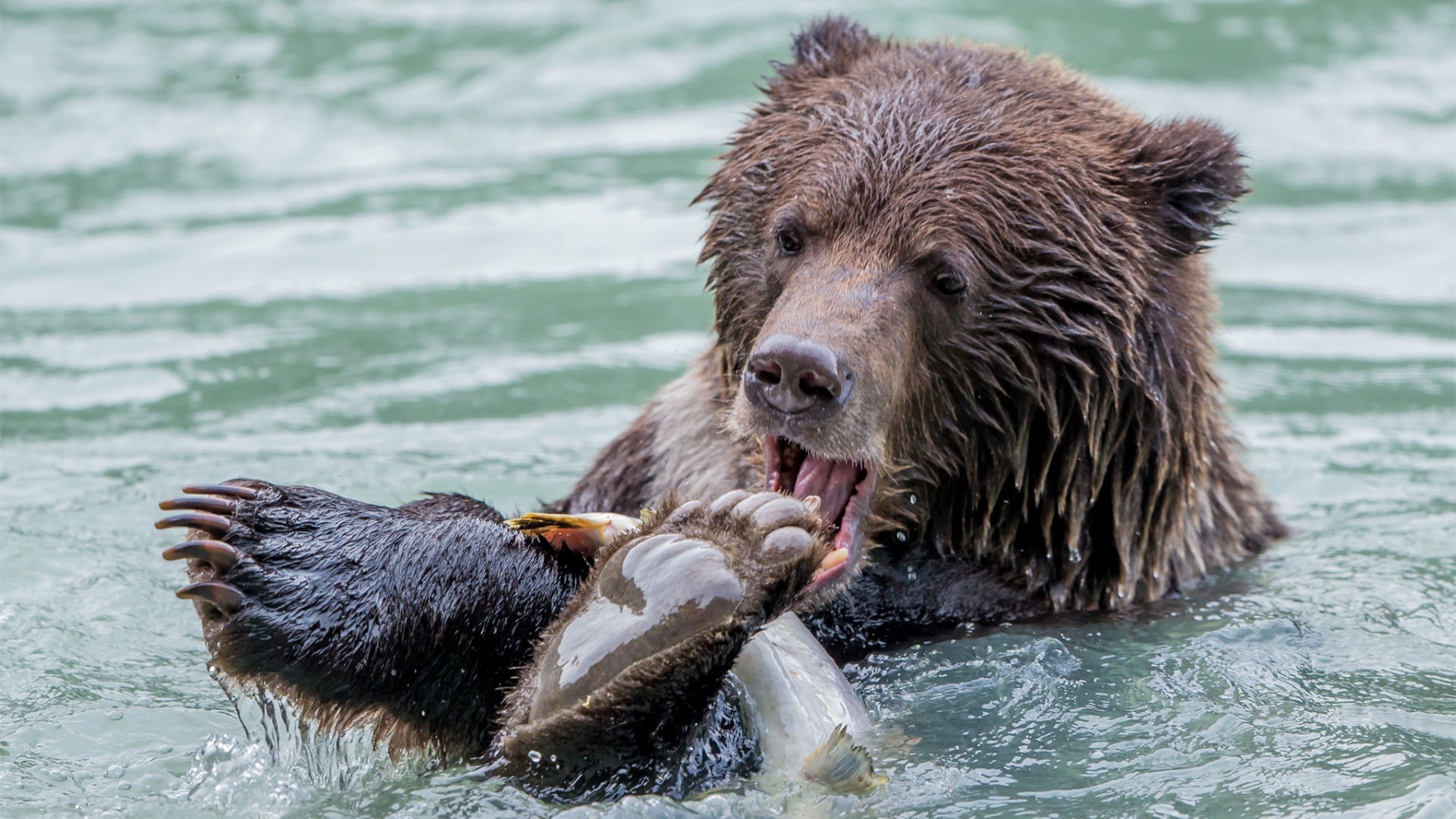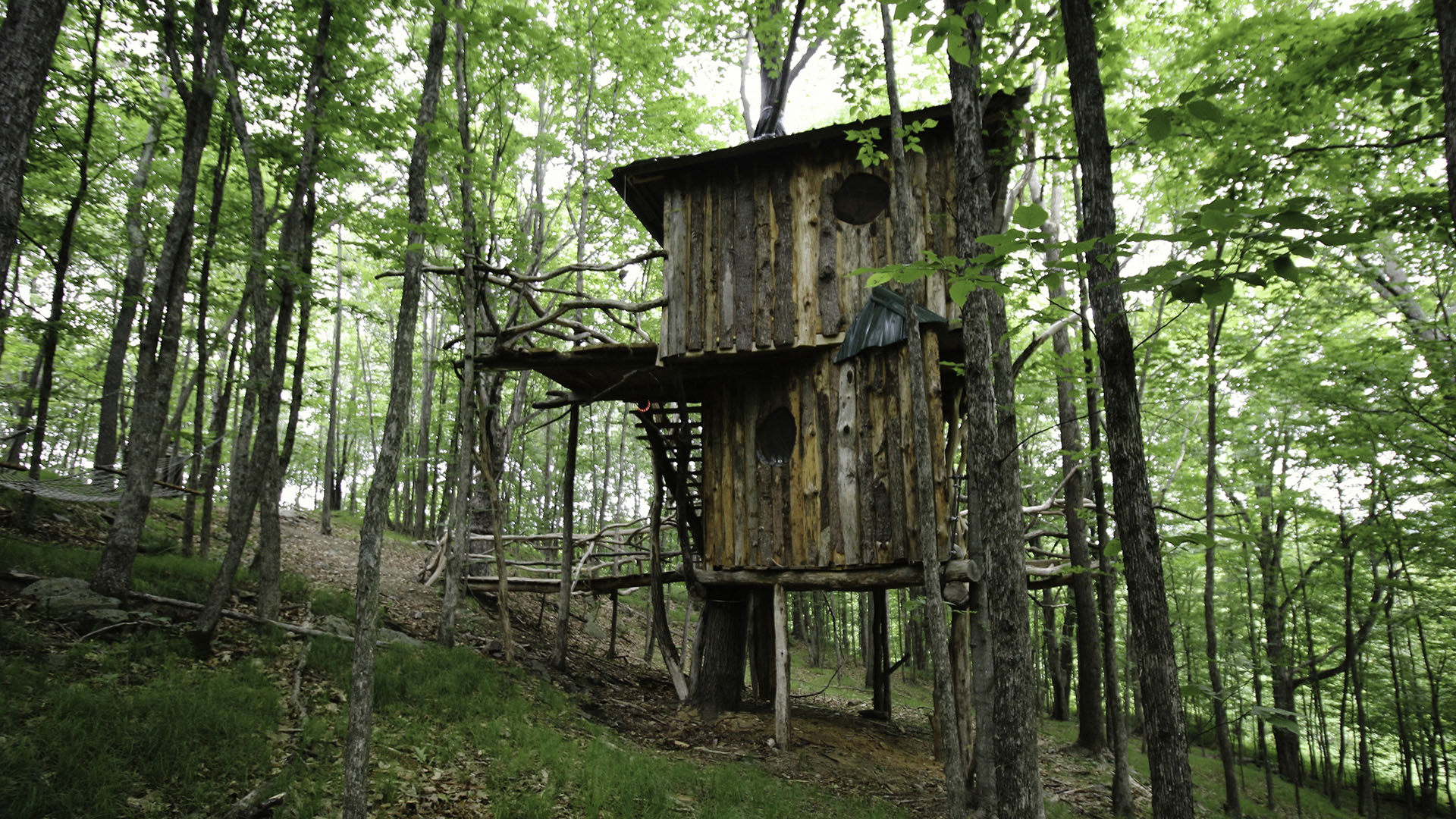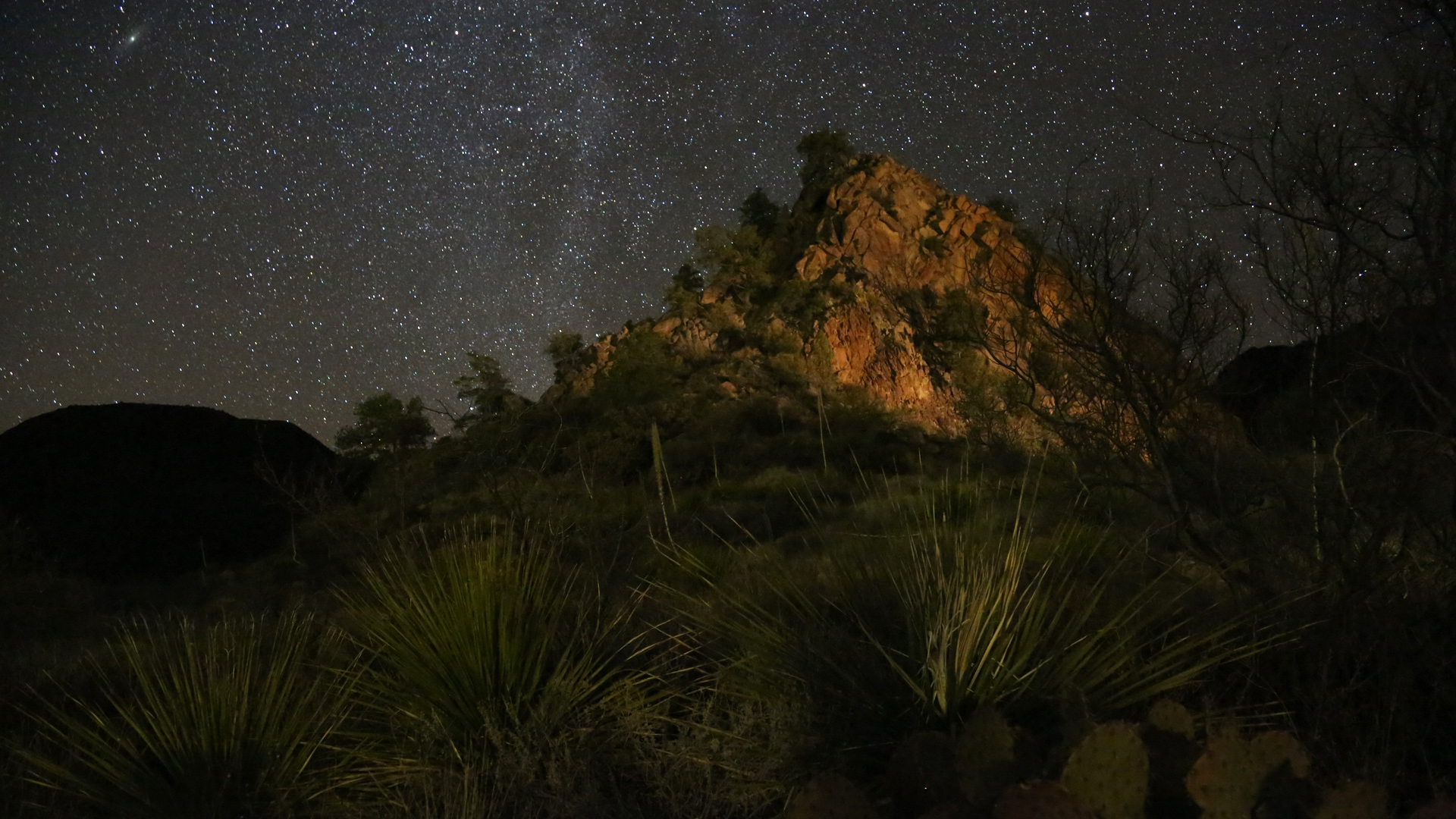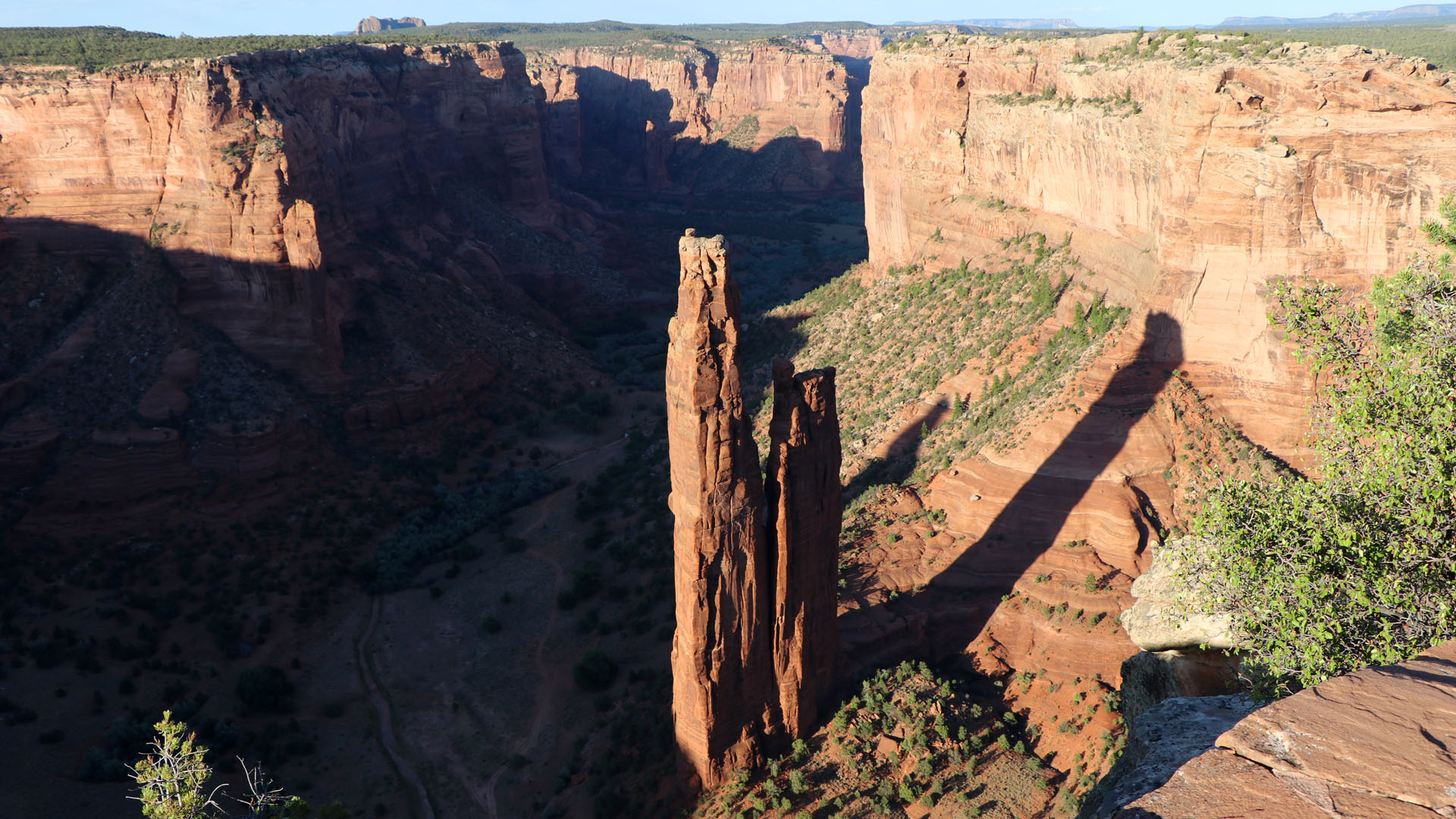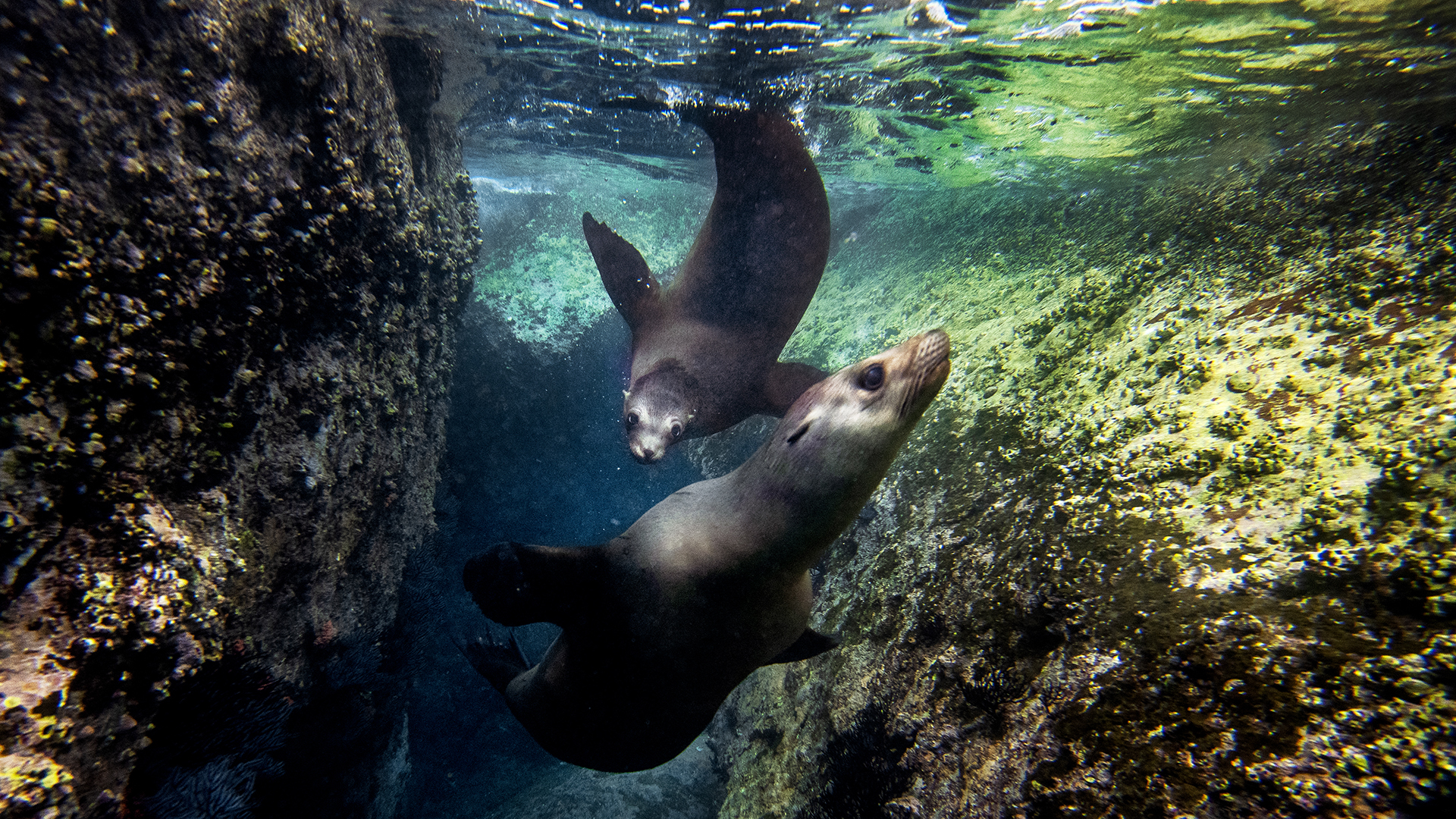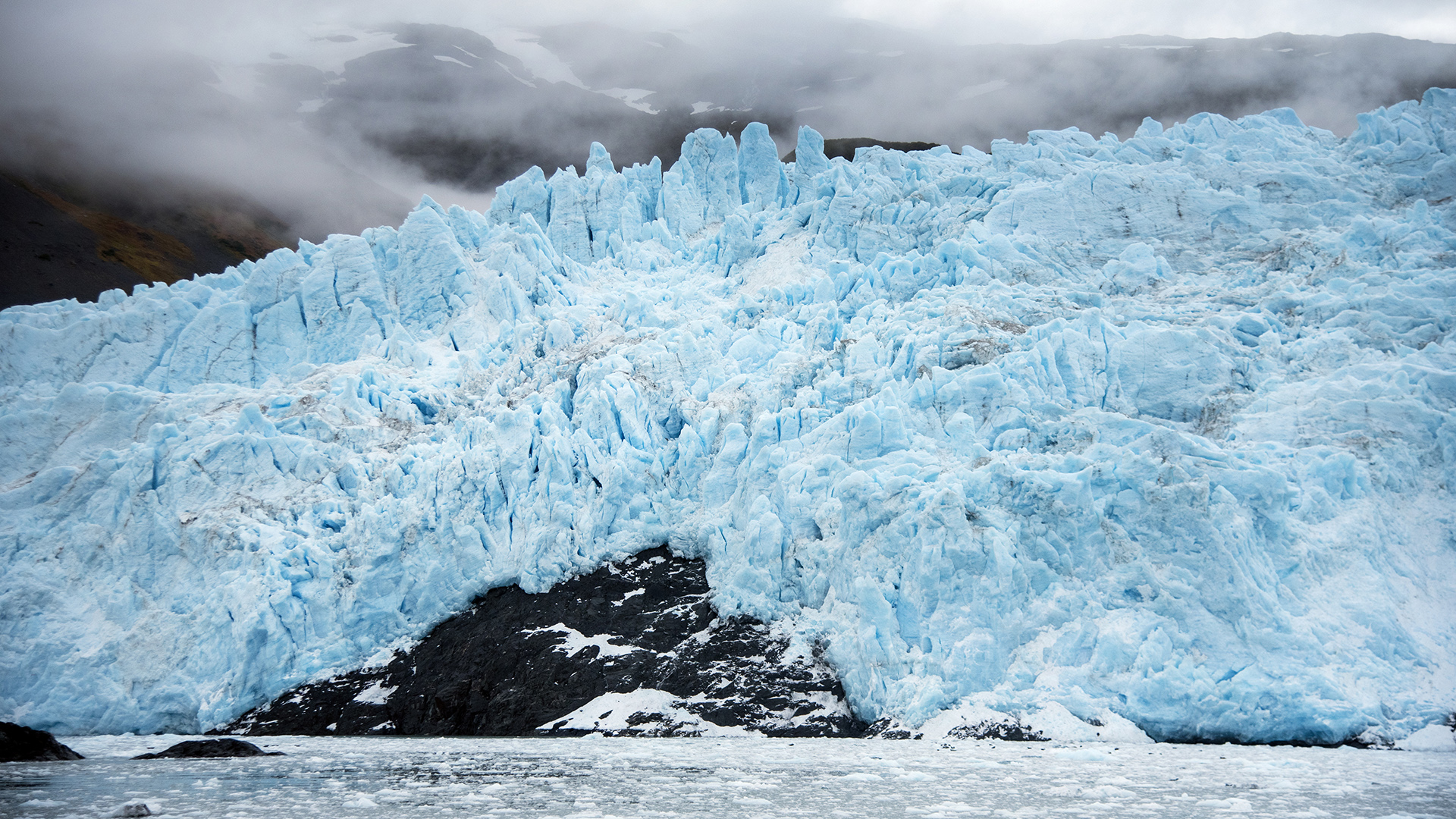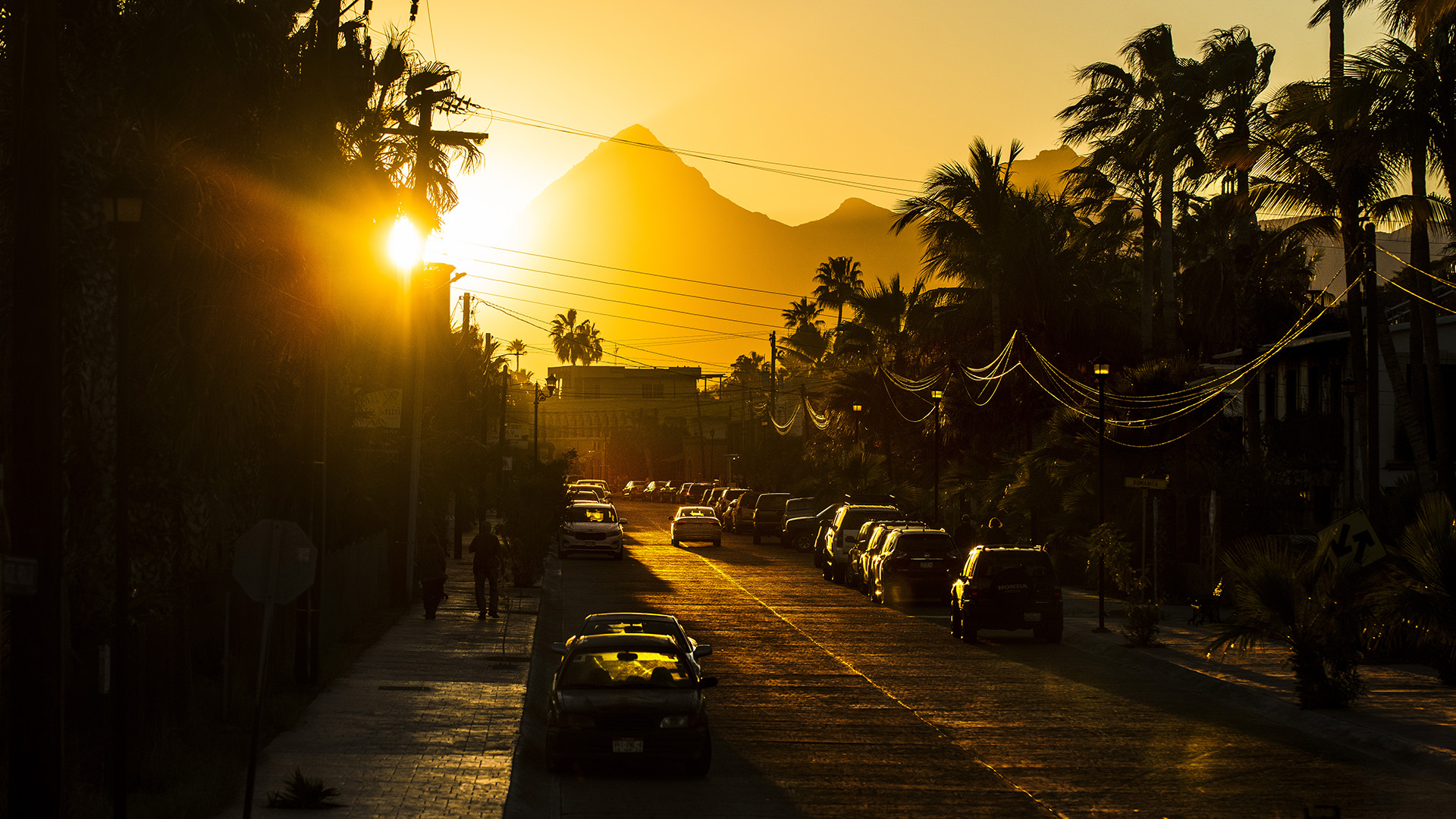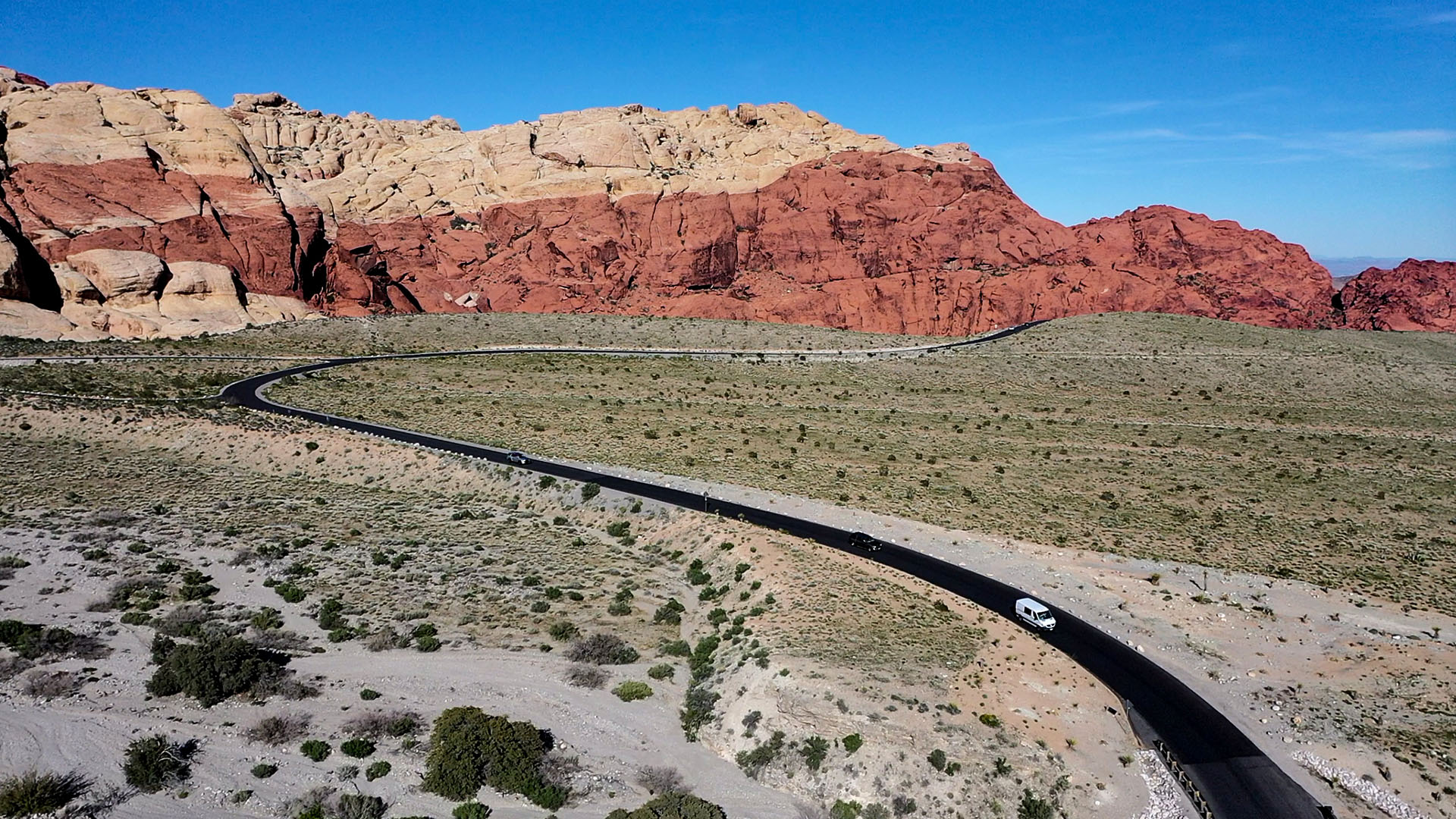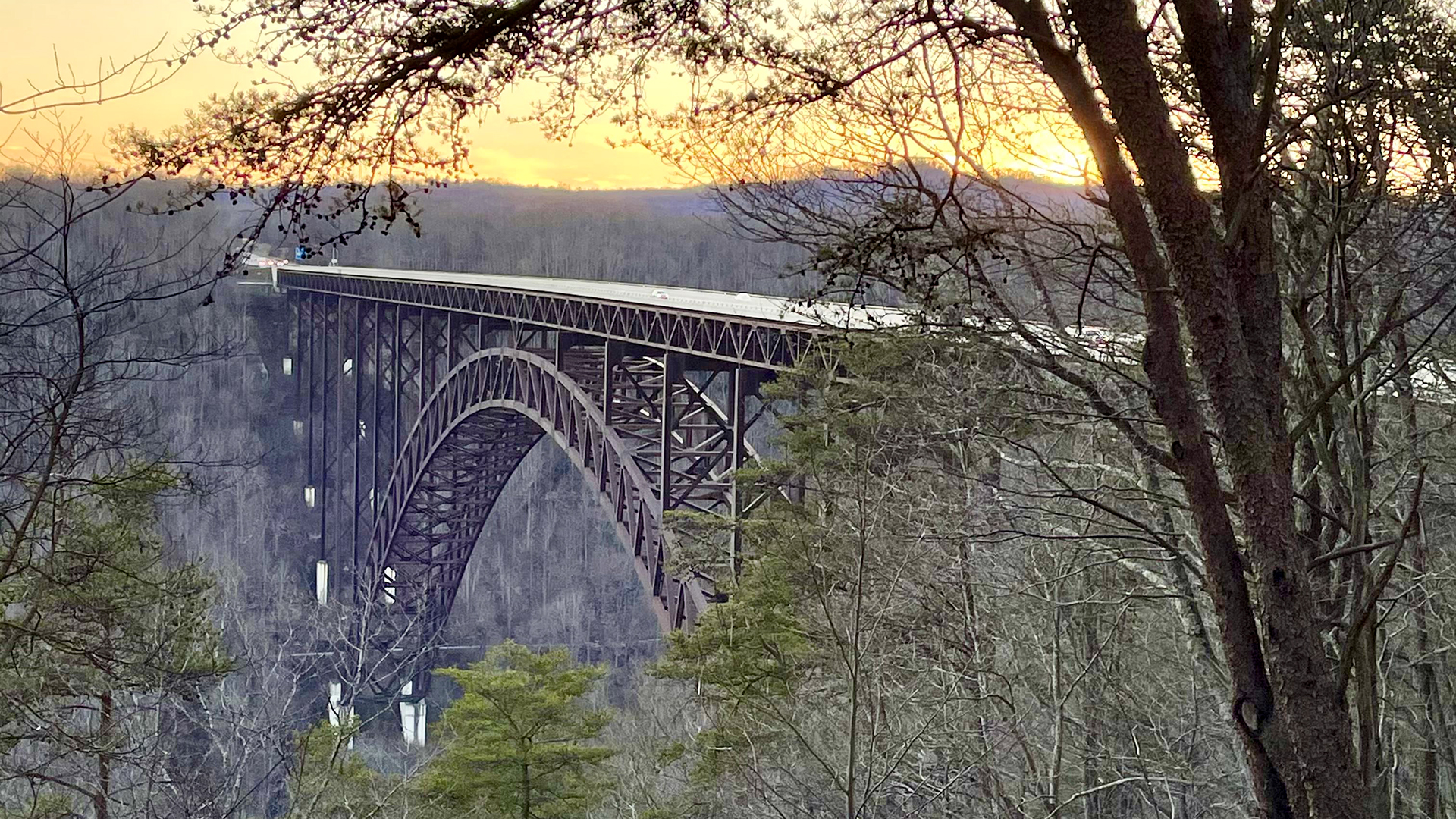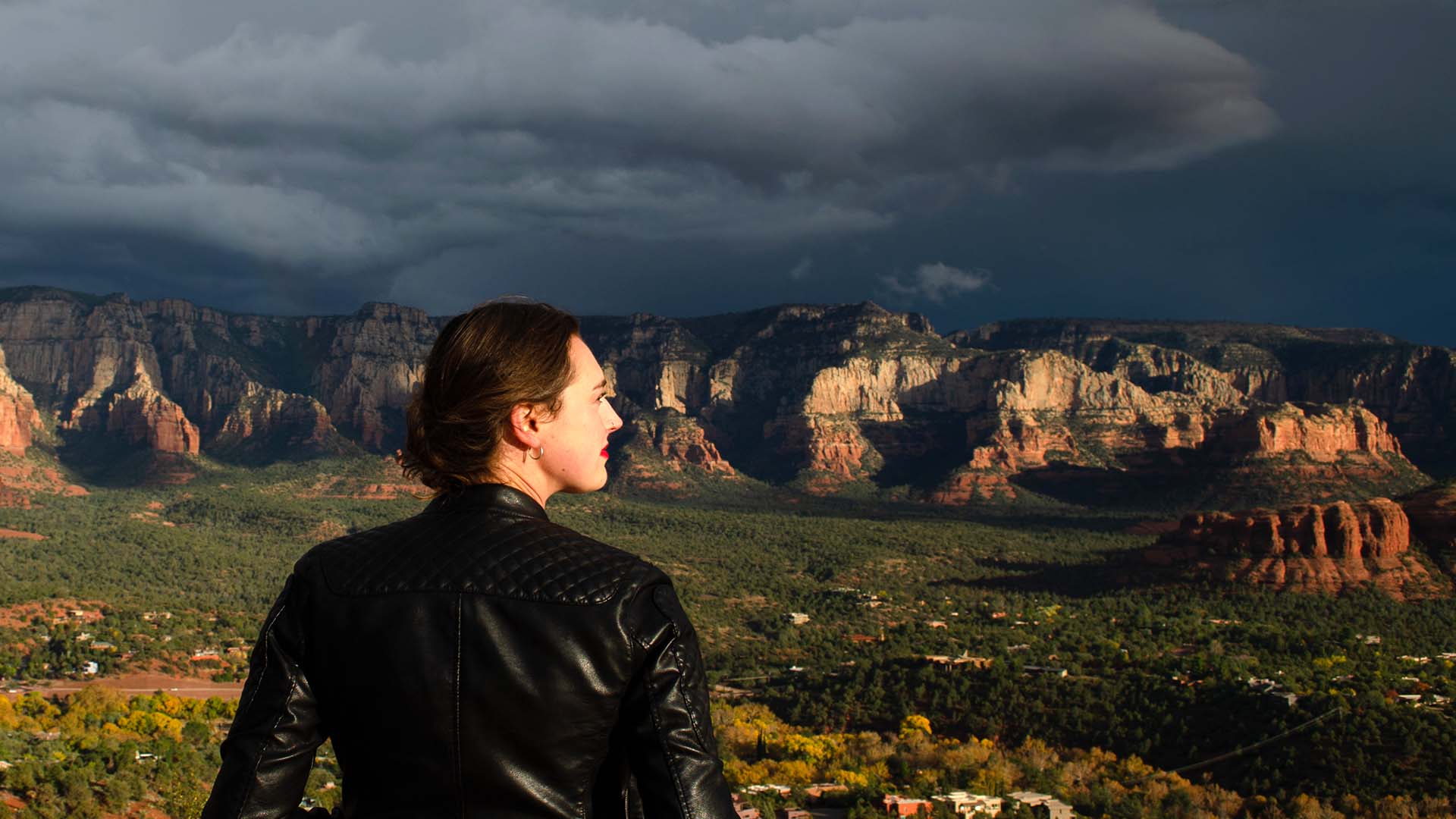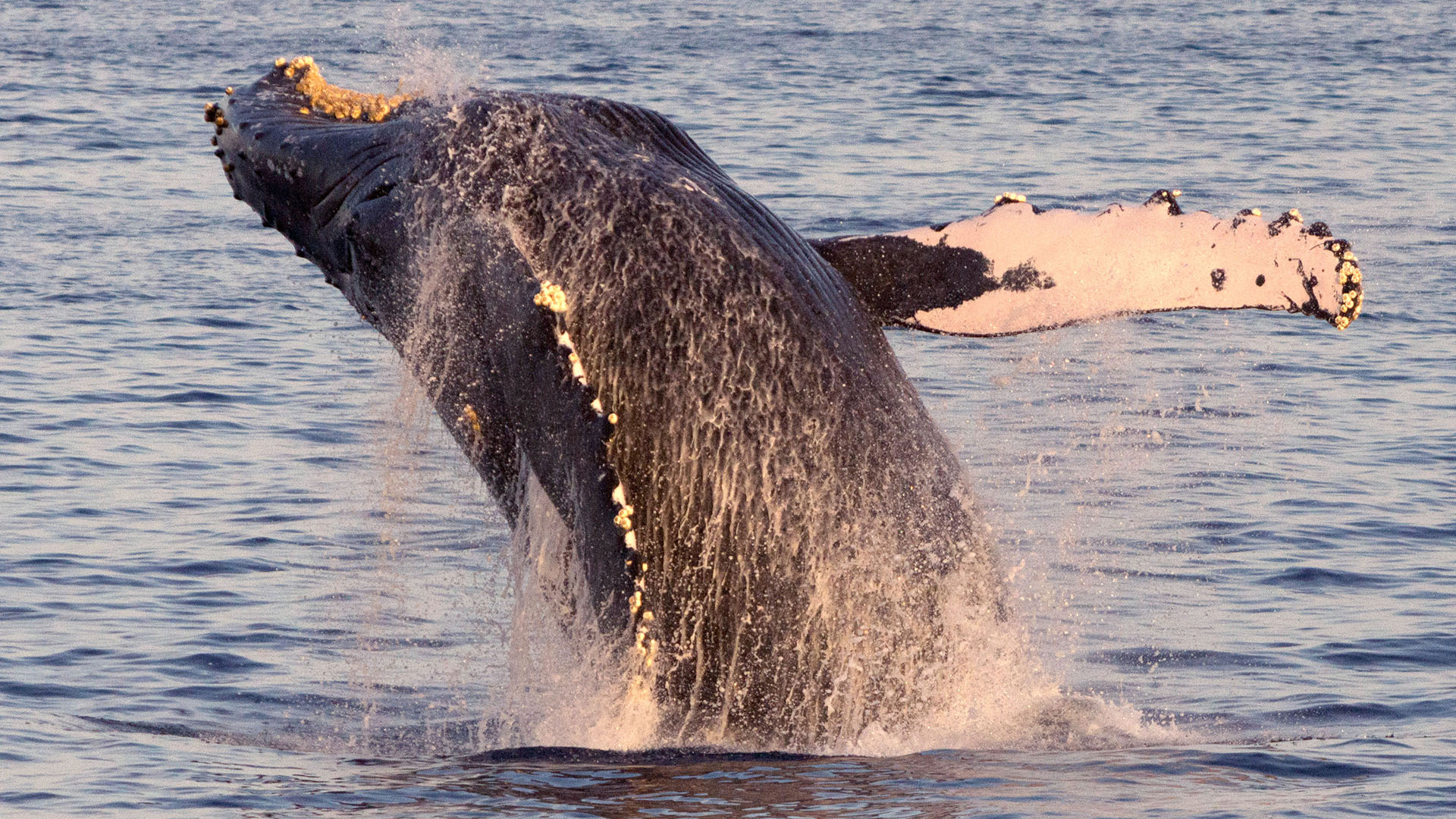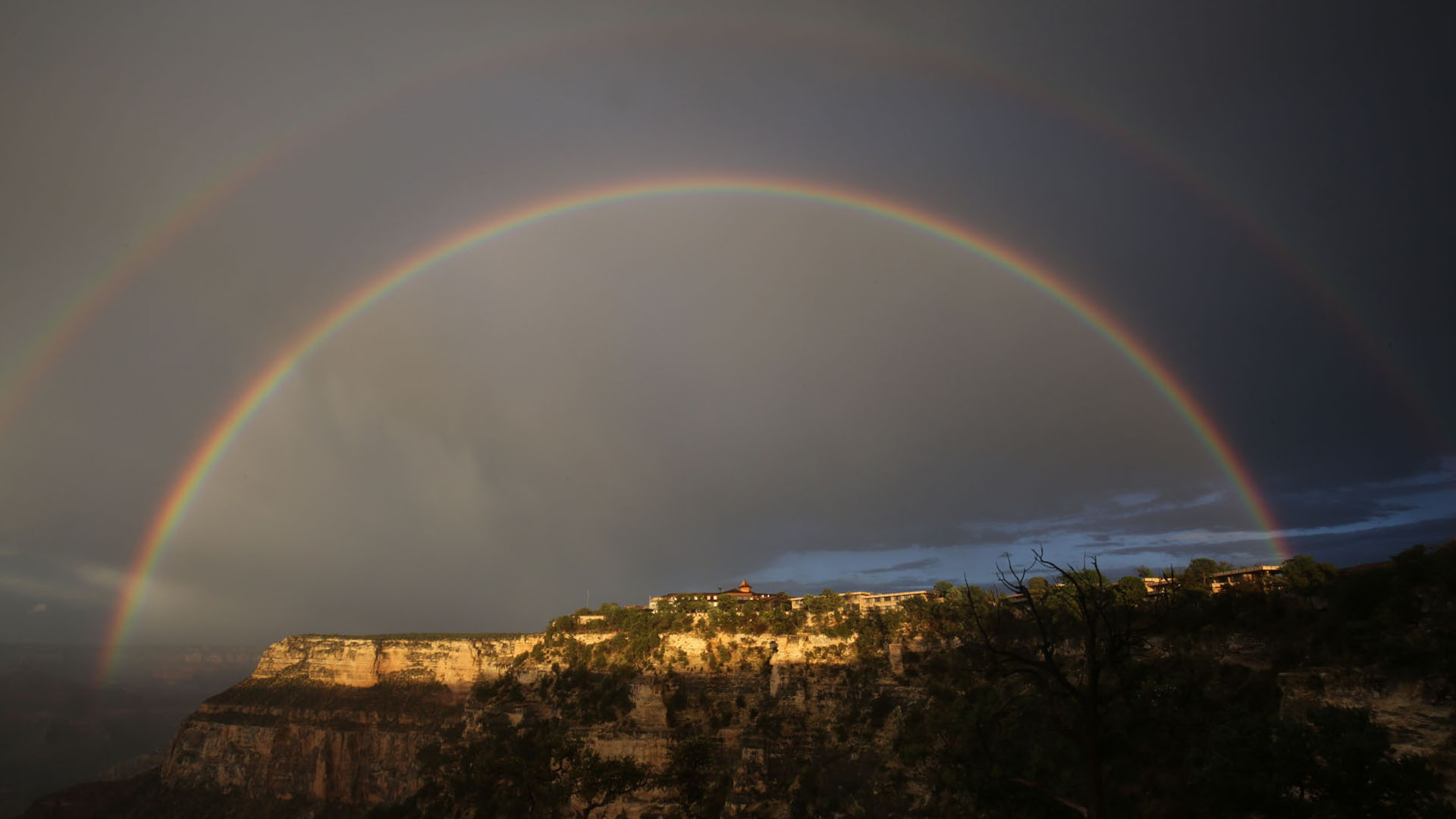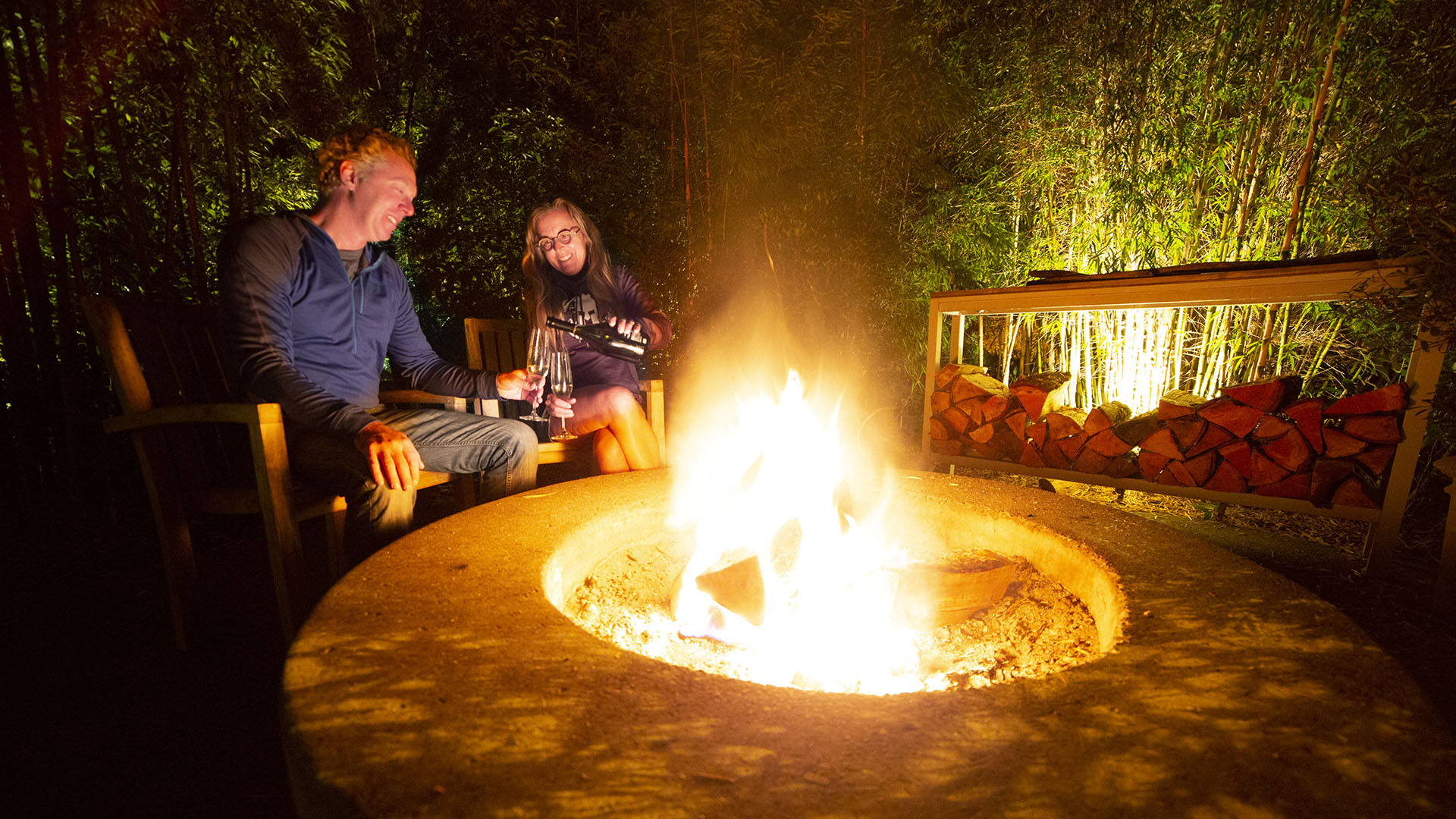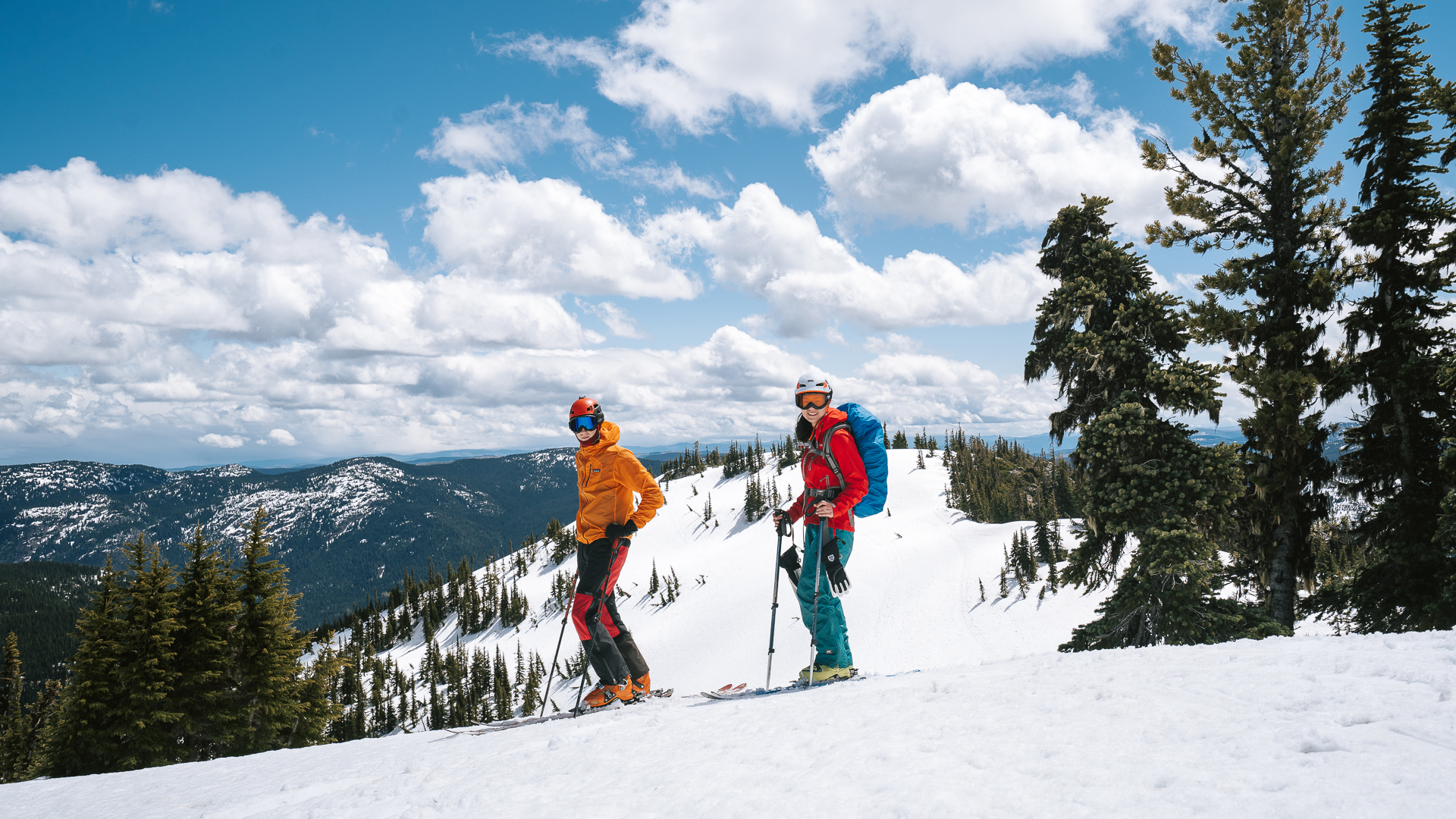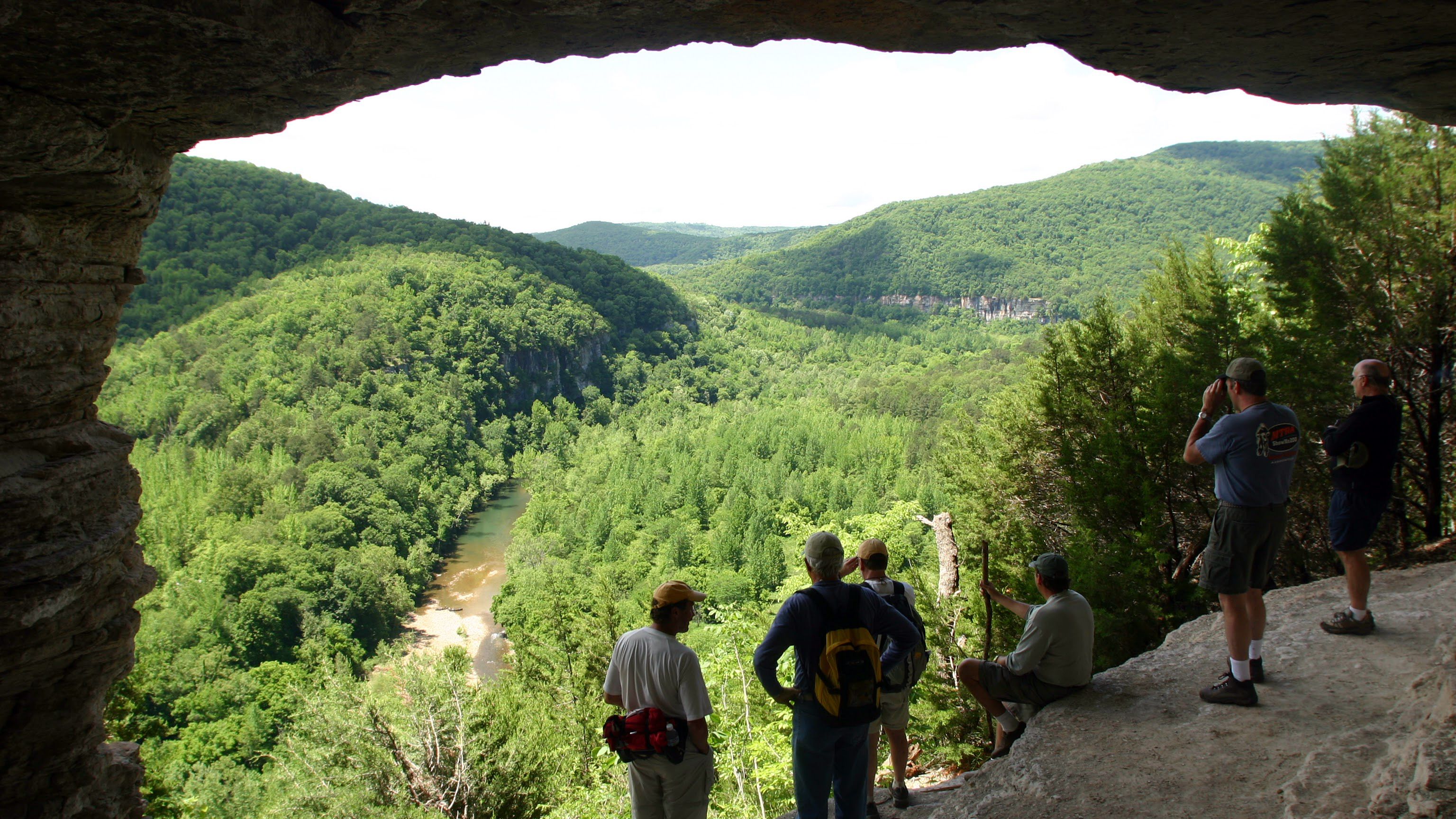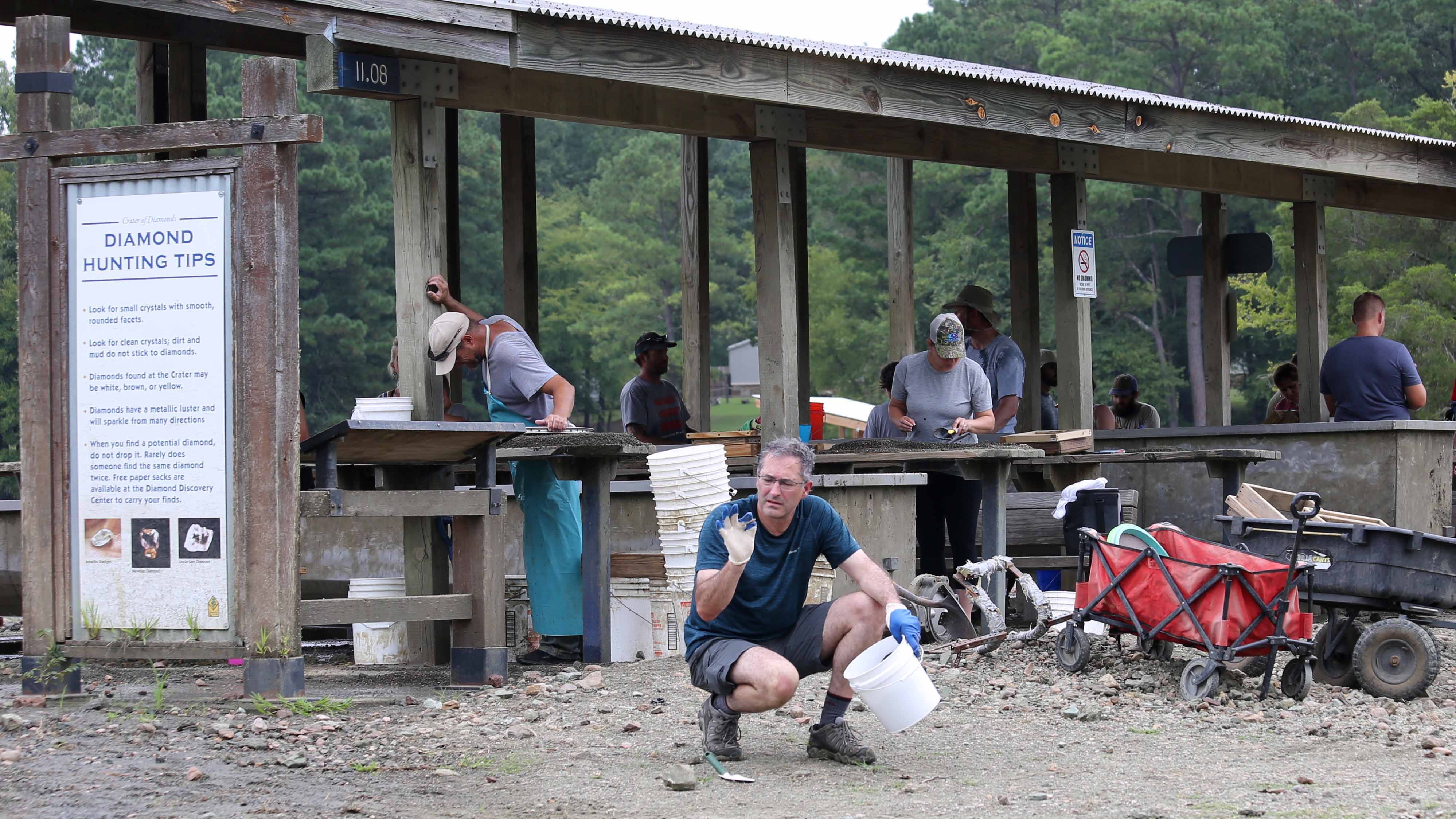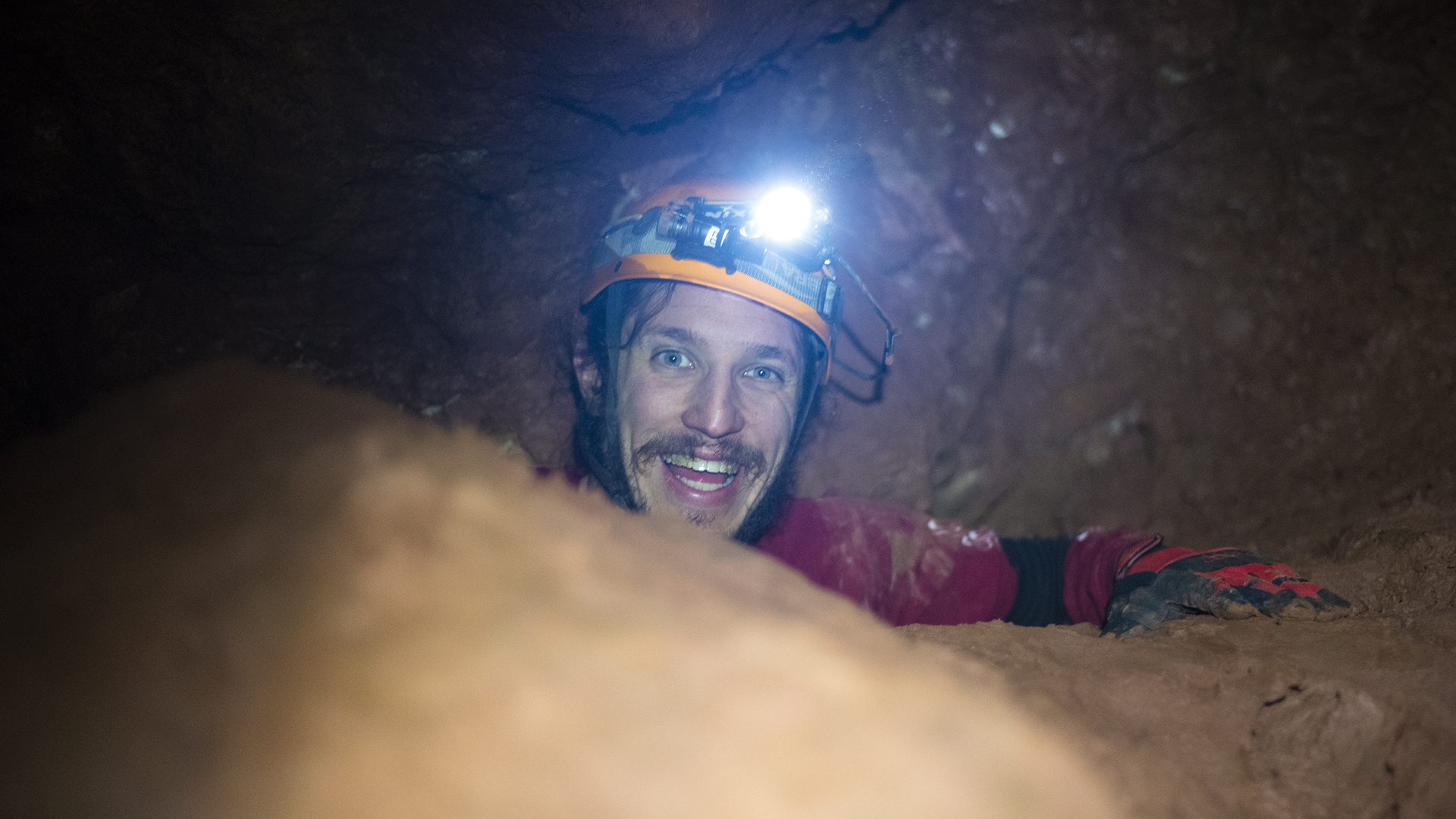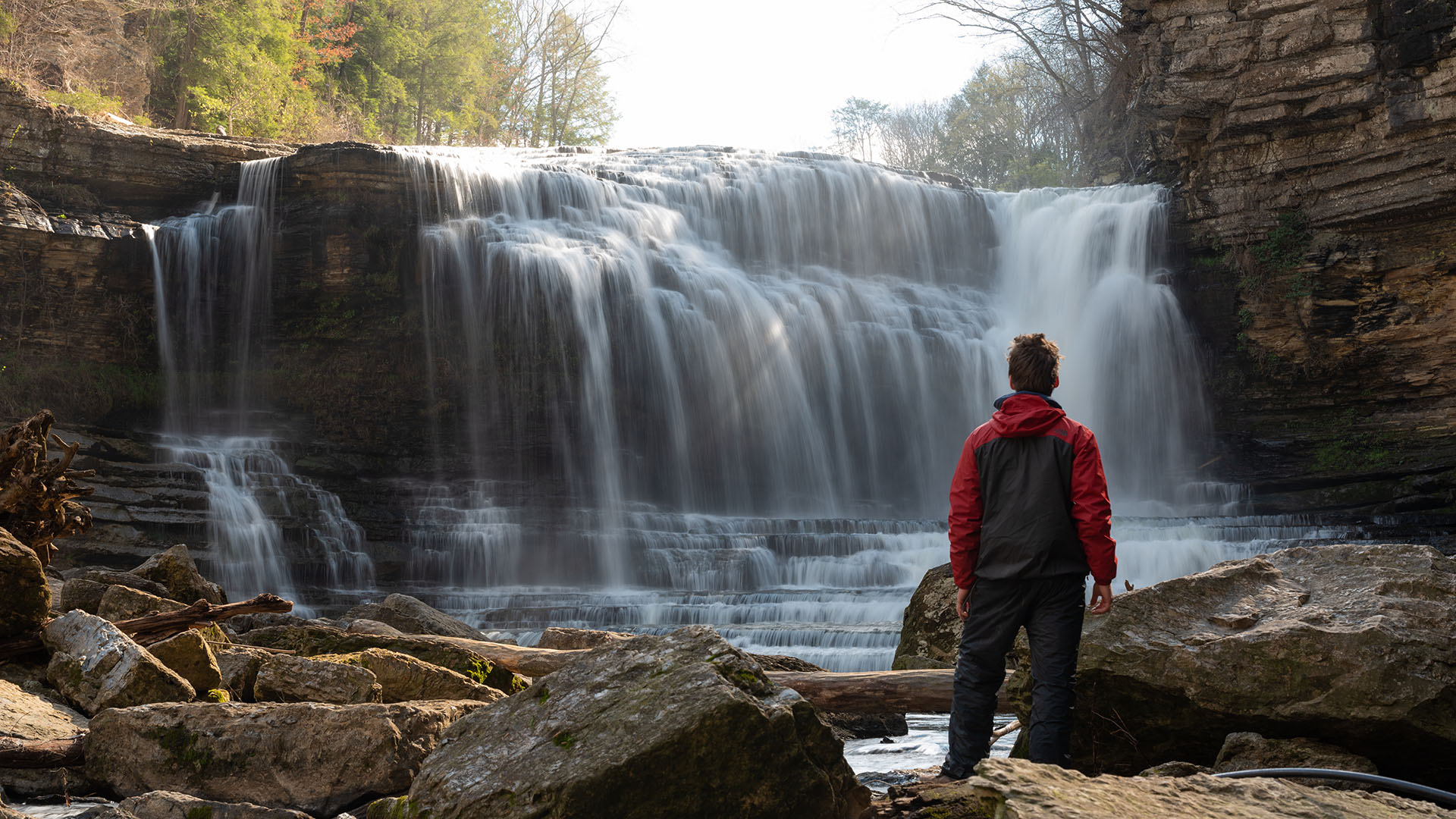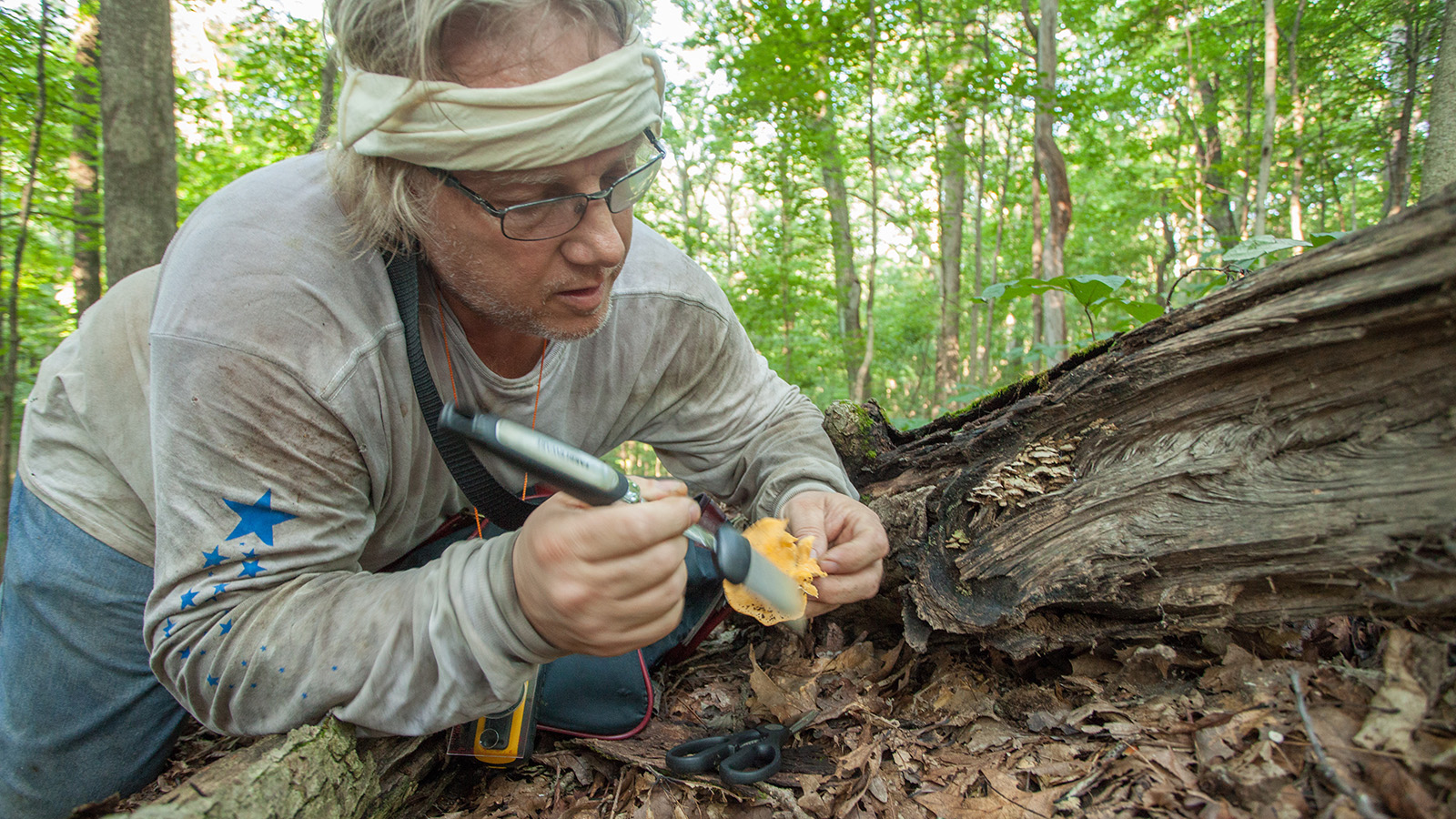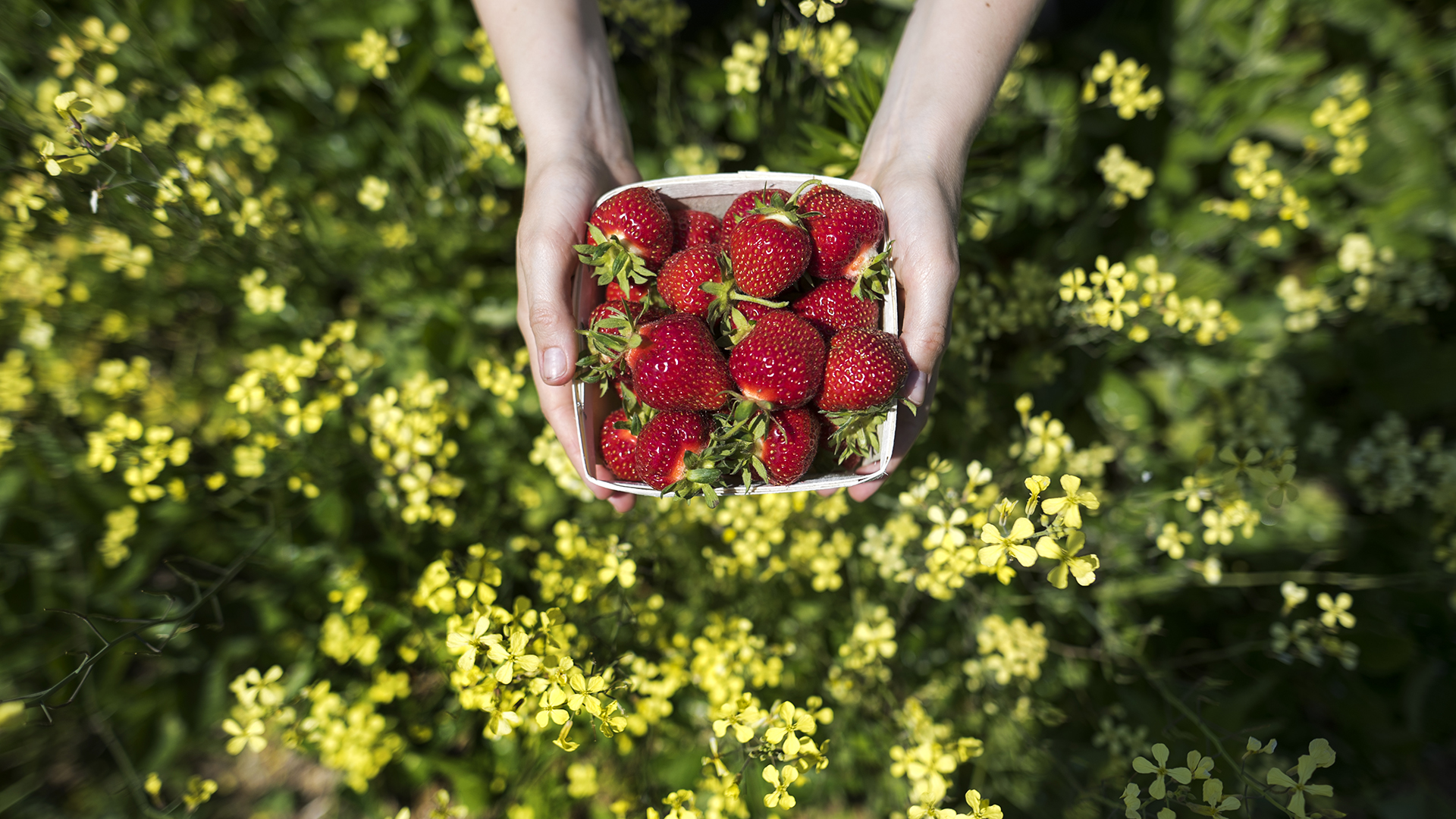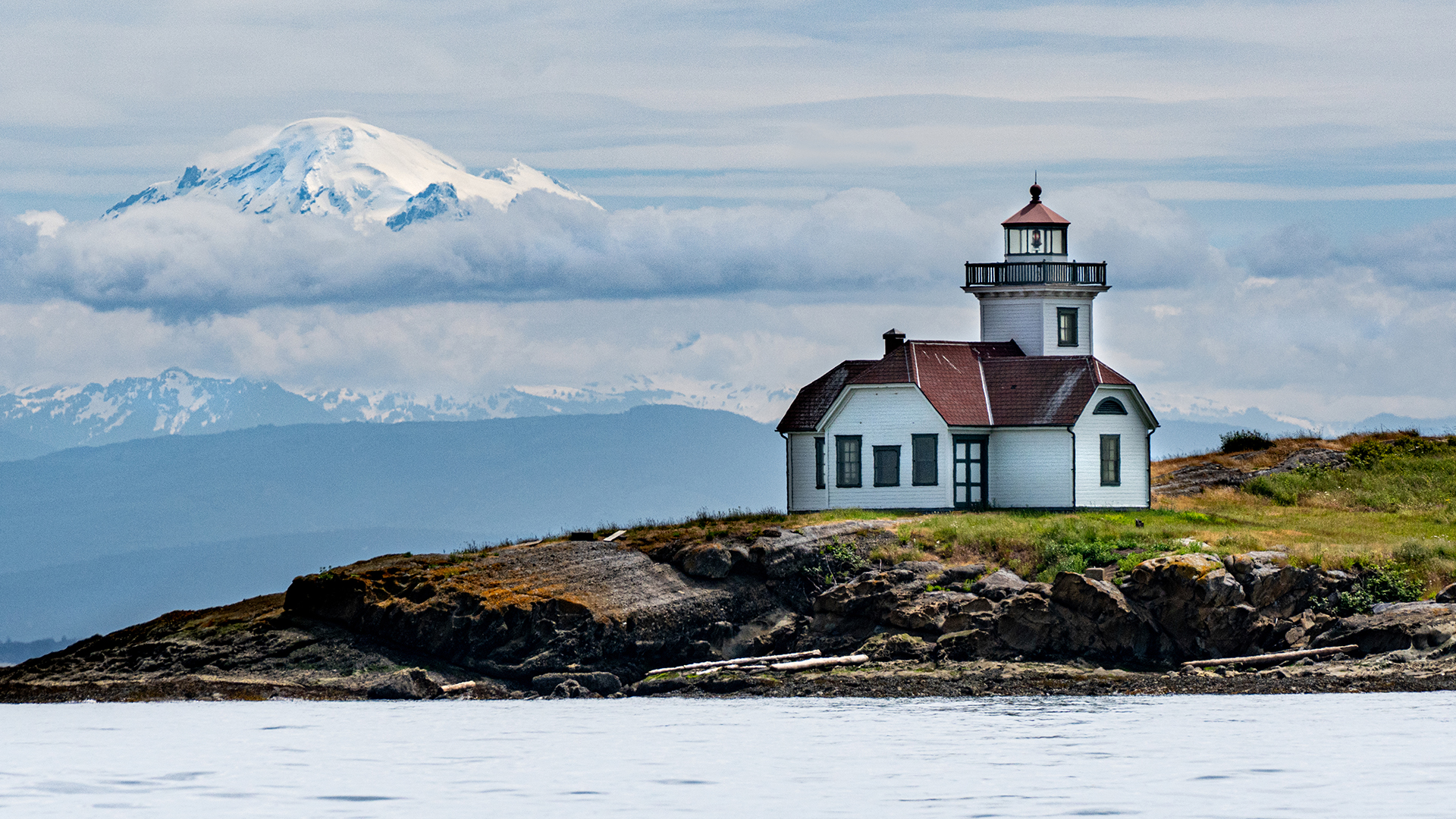The Hidden Side of Las Vegas

Red Rock Canyon National Conseravtion Area
Story and photos by Brad Clement
Brad is a photographer and filmmaker specializing in mountaineering and wilderness adventure. He is based in Boulder, Colorado.
A day trip to Red Rock Canyon National Conservation Area provides a welcome contrast to the glitz of the Strip.
My wife, Tonya, and I dangle several hundred feet off the ground on Crimson Chrysalis, a famed rock climb in Red Rock Canyon National Conservation Area just outside of Las Vegas. It’s 7 p.m., and we’ve been climbing since 6 a.m. this morning. As we rappel down the route we just climbed, we marvel at the sunset and try to beat the impending darkness. We are tired, thirsty and hungry.
And that’s when it happened — our rope became stuck. Our lifeline to the safety of terra firma got jammed in a small crack. We felt confident with a little work and a lot of luck we could figure out a way to retrieve the rope and continue rappelling, but we likely would do so in darkness.
The Las Vegas Strip shone brightly as nighttime neared, and we began to rappel down again. Looking at both the surrounding wilderness and the lights of Sin City is surreal. Few places in the United States offer such contrasting realities so close to one another.

Tonya Clement rappels during a rock climb in Black Velvet Canyon.

A car drives on Red Rock Canyon's 13-mile scenic drive.
I’ve been making annual trips to Las Vegas for well over a decade, but I’ve only visited the Las Vegas Strip and the old downtown area a couple of times. The Vegas I gravitate toward is the wilder side of the city – the one that features vast, craggy desert scenery and solitude in the wilderness.
My visits always include climbing in Red Rock Canyon National Conservation Area. Like most visitors to Vegas, I fly into McCarran International Airport, pick up my rental car and drive down Interstate 15 to my final destination. But instead of stopping at one of the many hotels or casinos on Las Vegas Boulevard, I head toward Red Rock. Known for some of the best rock climbing in the United States, Red Rock is a mecca for climbers and a gorgeous 196,000-acre desert oasis with opportunities for outdoor enthusiasts of all ages.
The desert conjures up images of dry, simple landscapes. Red Rock, however, showcases amazing colors — intense greens, reds, yellows, blues and blacks — due to the rocks, sand, water and flowers — and the skies reveal ever-changing light and clouds. Red Rock is part of Nevada’s Mojave Desert, but holds a tremendous amount of water for desert geology. It has over 40 natural freshwater springs, many of which produce impressive waterfalls at various times of the year.
But what makes Red Rock truly wonderful is the myriad ways visitors can create their own desert adventures. You can escape crowds and hike far away from civilization into the remote desert wilderness or explore an easy trail within feet of the visitors center. You can scale world-class multi-pitch rock climbs, or scramble over boulders just off the beaten path. You can enjoy one of the most scenic drives in the United States and never leave the comfort of your car on Red Rock’s breathtaking 13-mile loop drive. Along that same road, you can bike, rent a scooter or even go on an official Segway tour. Plus, several trails are wheelchair accessible.
The visitors center offers information about the local animals. Deer, bighorn sheep, eagles, bobcats, lizards and the desert tortoise can be seen no matter which method of transport you choose.

The sun rises on Rainbow Mountain and Mount Wilson in Red Rock Canyon.

Meghan Baker hikes the Calico Hills Trail, one of Red Rock Canyon's many trails.
My favorite hikes begin at the Pine Creek trailhead near Mount Wilson and tend to be long, quiet excursions. But I’ve also enjoyed short, easy hikes out of Lost Creek Canyon. These trails take hikers to striking petroglyphs and pictographs dating back over 800 years. The popular trails in nearby Calico Basin also are gorgeous, offering passageways through dramatic red and rust-colored rock formations.
While much of the human activity centers around the 13-mile loop, there are many other access points to the park. And the climbing is incredible — 1,000-foot walls of moderate to extreme routes as well as shorter, smoother climbs. If you’re a novice wanting to give climbing a try, the local outdoor store Desert Rock Sports can provide guides and all the gear you need.
Campsites are available in and around the conservation area and reasonably priced hotels can be found in nearby Summerlin. Spring and fall are the top seasons to experience Red Rock with typically dry weather, cool evenings and pleasant daytime temperatures.

The desert tortoise is Nevada’s state reptile.

The sun sets on another day at Red Rock Canyon.
Obviously, we survived the descent from Crimson Chrysalis. Tonya and I touched the ground just as complete darkness enveloped us. We retrieved our backpacks and fumbled around for our headlamps, drank some water and began the hike back to our car. And this is where the crazy combination of desert and Vegas became wonderful.
We were starving after a 12-hour day of climbing. With the Strip so close, we headed there and enjoyed some of the best sushi I’ve ever had.
I must admit, on previous visits to the city we’ve had days when we had planned to climb but opted to relax, spending a day poolside at the Venetian or grabbing a couples massage instead of toiling over rocks. That’s the beauty of Vegas: the funny, wonderful contrast of the glitzy Strip and the peaceful wilderness. Either way, you have a wealth of choices – so roll the dice.

Red Rock Canyon
Related
Read more outdoor adventure stories.
- Cumberland Connection
- Llama Trekking in New Mexico
- Weekend Getaway to Catskill Mountains, New York
- Weekend Getaway to Grand Lake, Colorado
- An American Safari
- Mountaineering in the Canadian Rockies
- Vancouver Spawns New Friendship
- Road Trip to Montana’s Independently Owned Ski Areas
- Must-Visit Mayan Ruins Near Cancun
- Weekend Getaway to Tofino, Canada
- Day Trips From Las Vegas
- Hot Air Ballooning in Arizona
- Road Trip to Hikes along the Crooked Road
- Meeting Wildlife Face to Face in the Sea of Cortez, Mexico
- Road Trip on Maine's Pequawket Scenic Byway
- Road Trip to Whale Watch Spots
- Isle Royale National Park
- Weekend Getaway From Mexico City to See Butterflies
- Visiting Washington's Olympic National Park in the Offseason
- South Dakota Black Hills
- Icefields Parkway 3-Day Driving Trip
- Boundary Waters Canoe Area Wilderness
- Road Trip to Colorado Mountains Fourteeners Attractions
- Black Canyon of the Gunnison National Park
- Sinkholes and Underwater Caves Rival Tulum’s Caribbean Beaches
- Weekend Getaway to Palo Duro Canyon, Texas
- Todos Santos: A Colorful, Seaside Town in Mexico
- Weekend Getaway to San Luis Obispo
- Southern Illinois Road Trip Features Hidden Gem Outdoor Adventures
- Road Trip to Snowy Range Scenic Byway
- Road Trip to Saguaro National Park
- Algonquin Park Scenic Drive
- Tour Mexico’s Río Secreto, an Underground River
- Road Trip to Wyoming's Flaming Gorge
- Nature Photography Tips
- Glamping in the Catskill and Adirondack Mountains
- Stargazing in Texas: McDonald Observatory and Beyond
- Road Trip to Canyon de Chelly National Monument
- Road Trips to See Wildlife
- Kenai Fjords National Park
- Every Hour Is Golden in Mexico’s Loreto
- Road Trip to Red Rock Canyon Near Las Vegas
- New River Gorge National Park
- Road Trip for Florida Fishing
- Romantic Getaway in Sedona, Arizona
- Road Trip on the Berkshire Cheese Trail
- Road Trip to See Whales
- Road Trip to Colorado Mountains Fourteeners
- Grand Canyon Hike
- Glamping in Oregon
- Coquihalla Mountain Skiing
- Old Friends Drive the Sea to Sky Highway
- Floating on Ozark Rivers
- Crater of Diamonds
- Caving in the Black Hills of South Dakota
- Great Smoky Mountains Waterfalls
- Hunting for Wild Mushrooms in Indiana
- Road Trip to Nova Scotia's Wild Berry Bounty
- Washington's San Juan Islands

